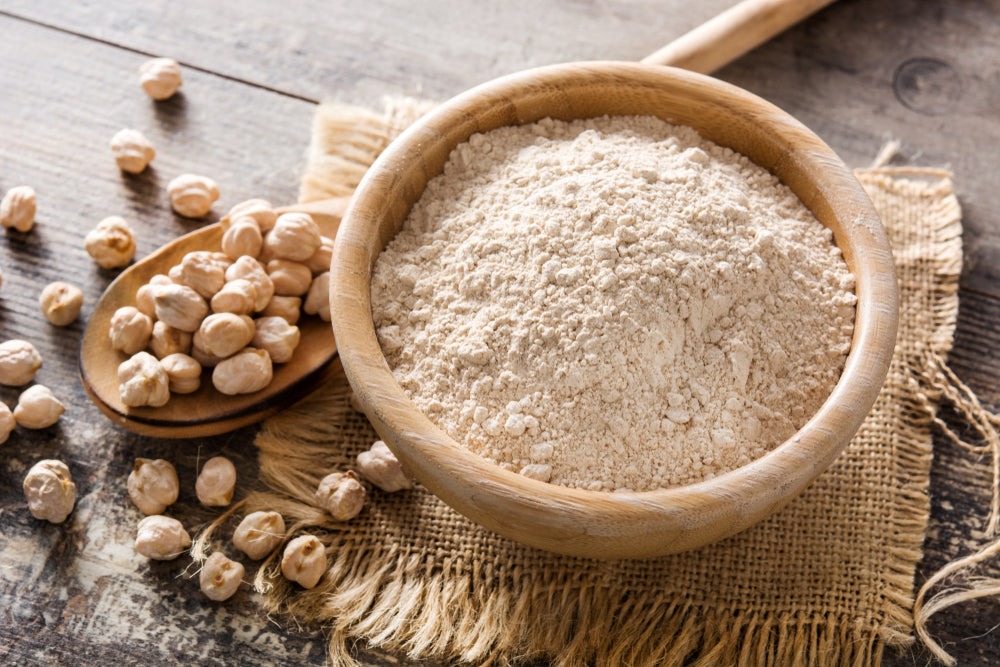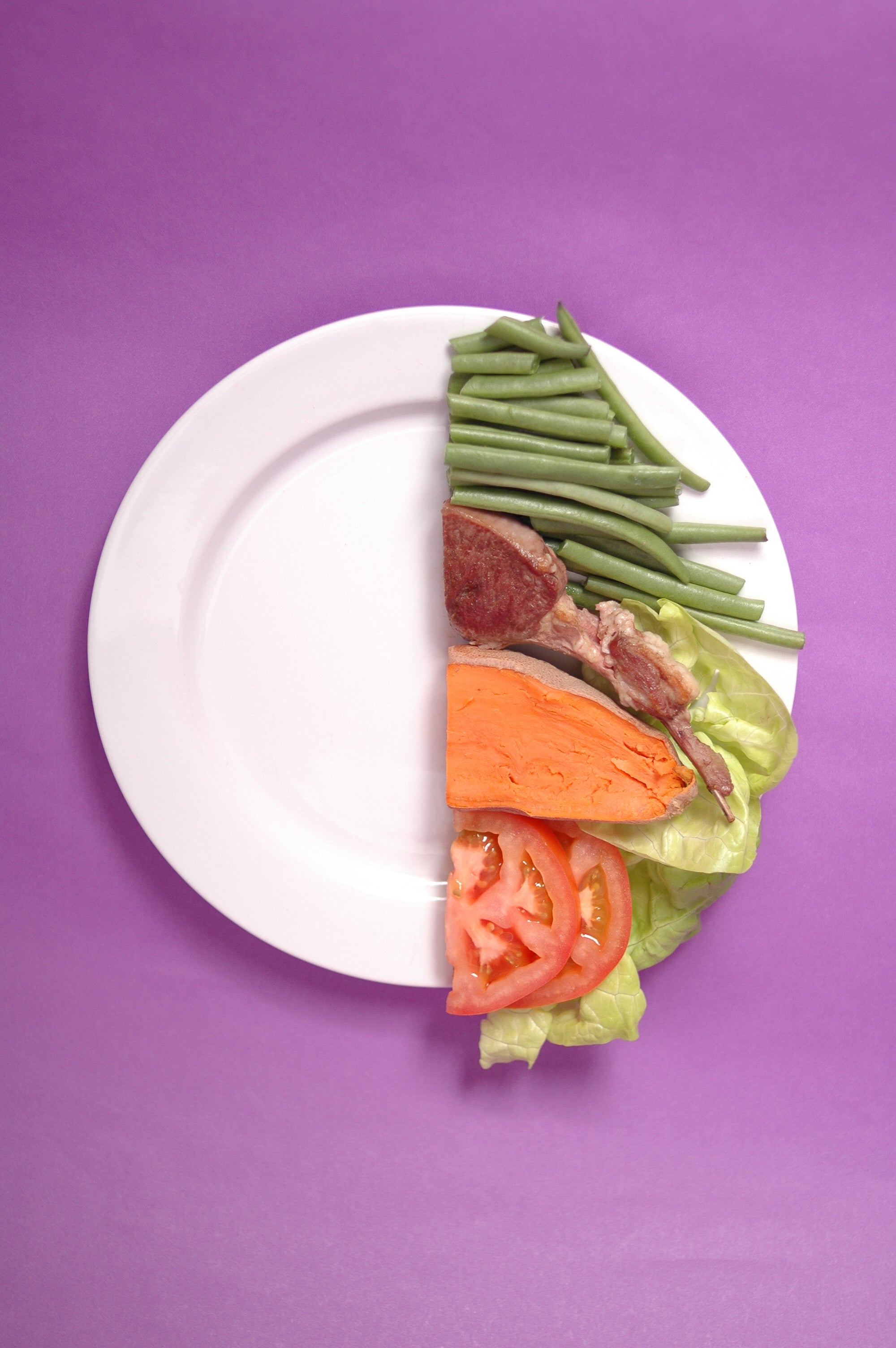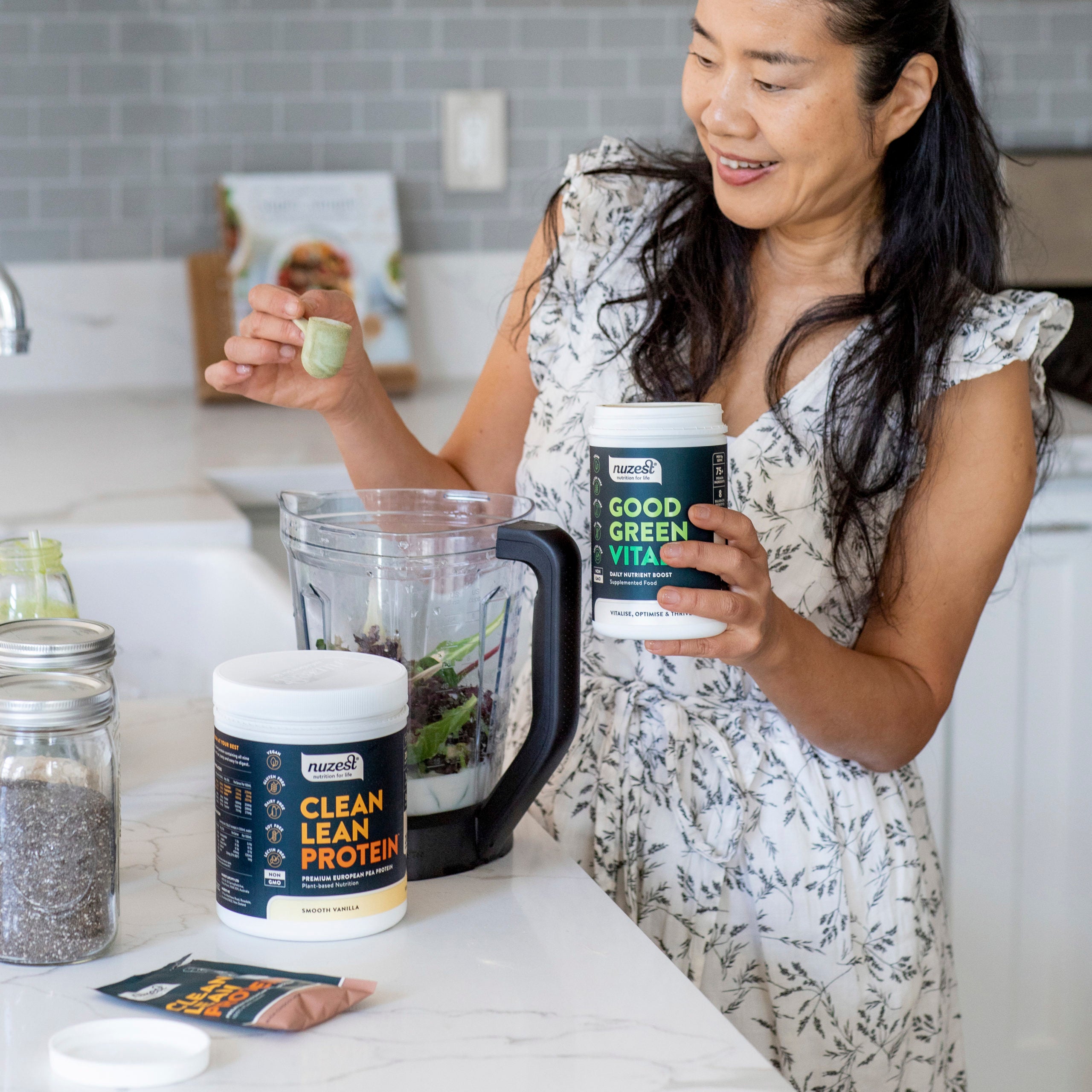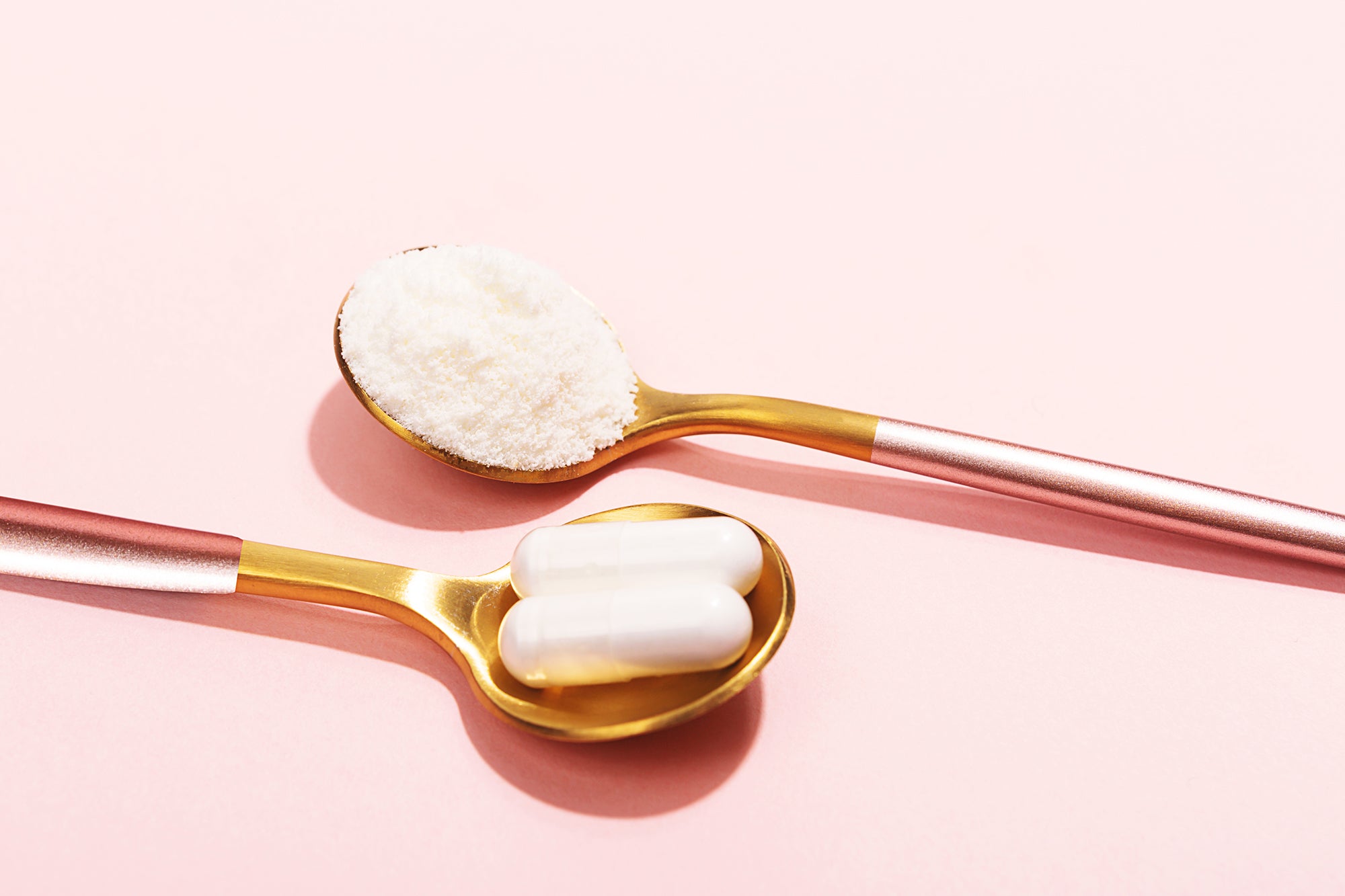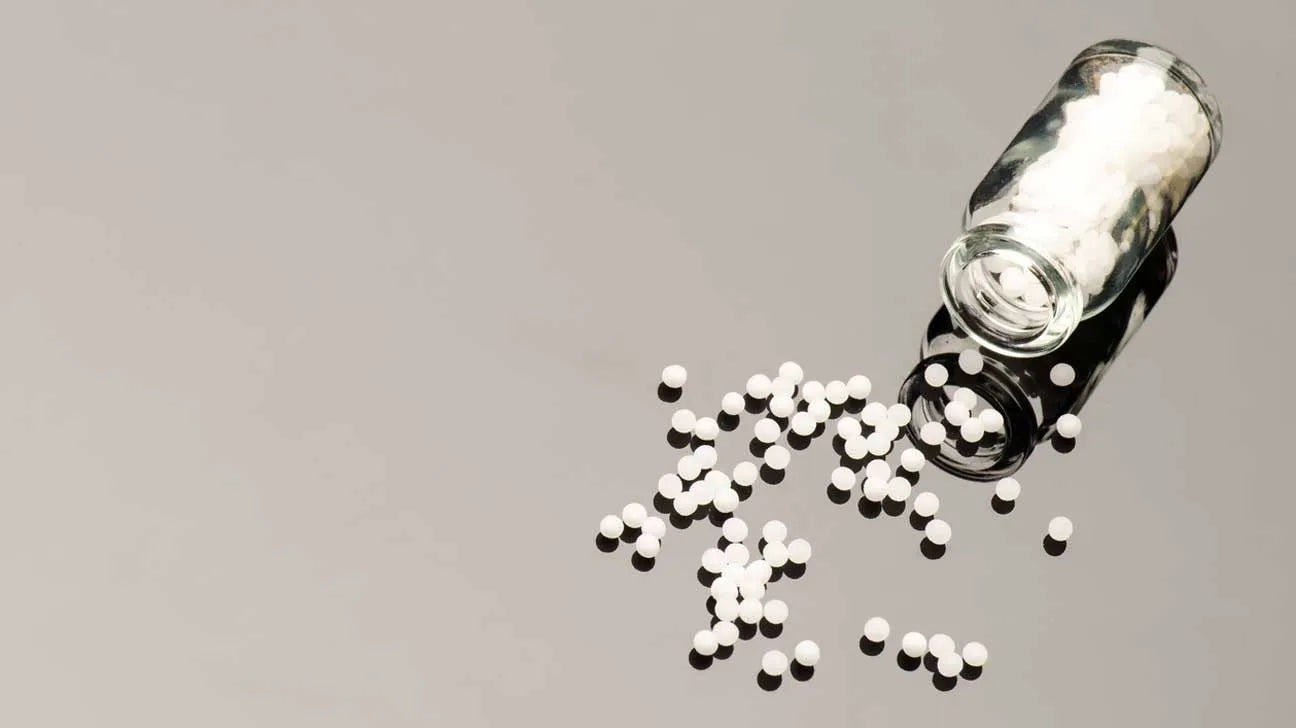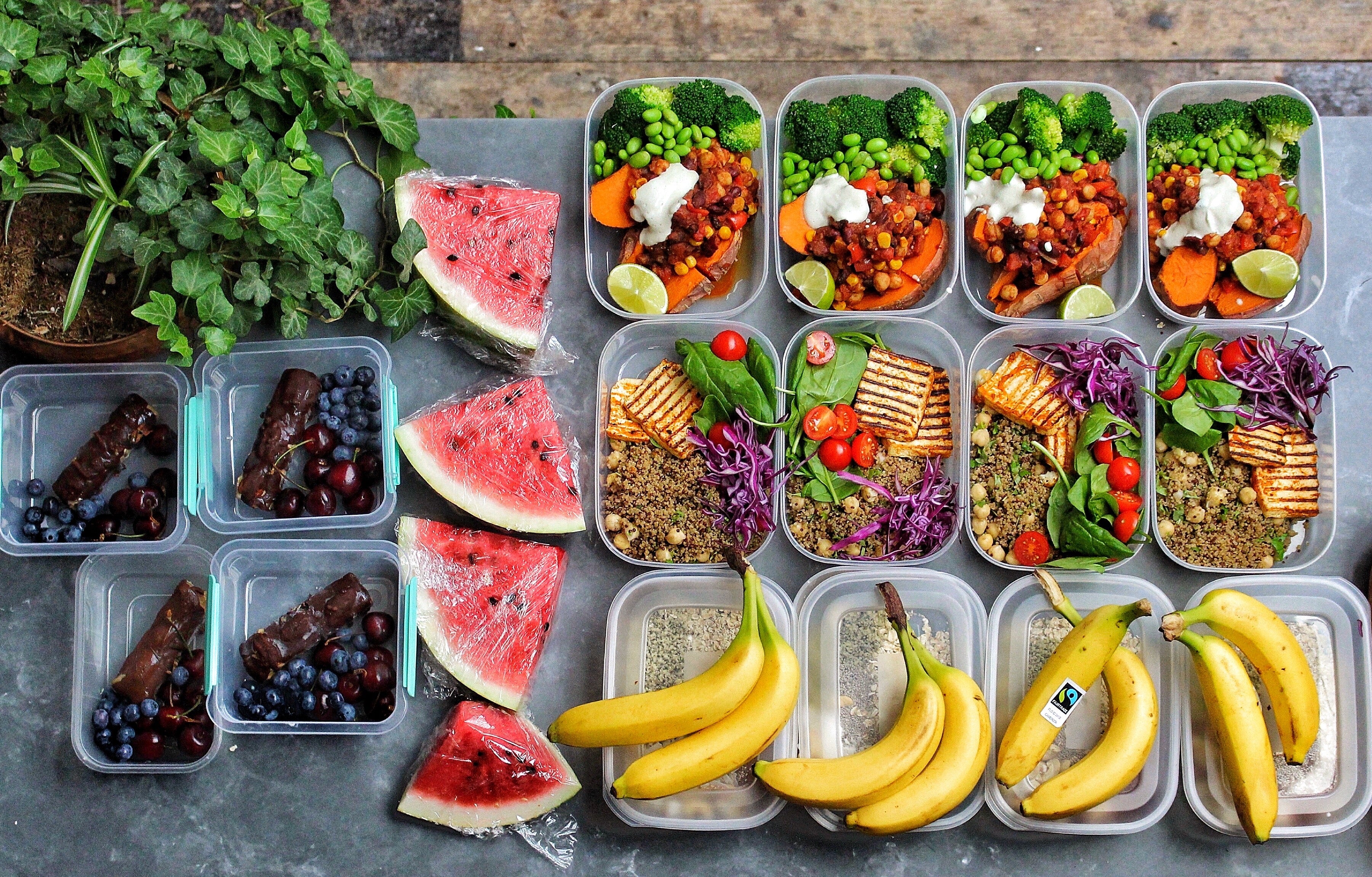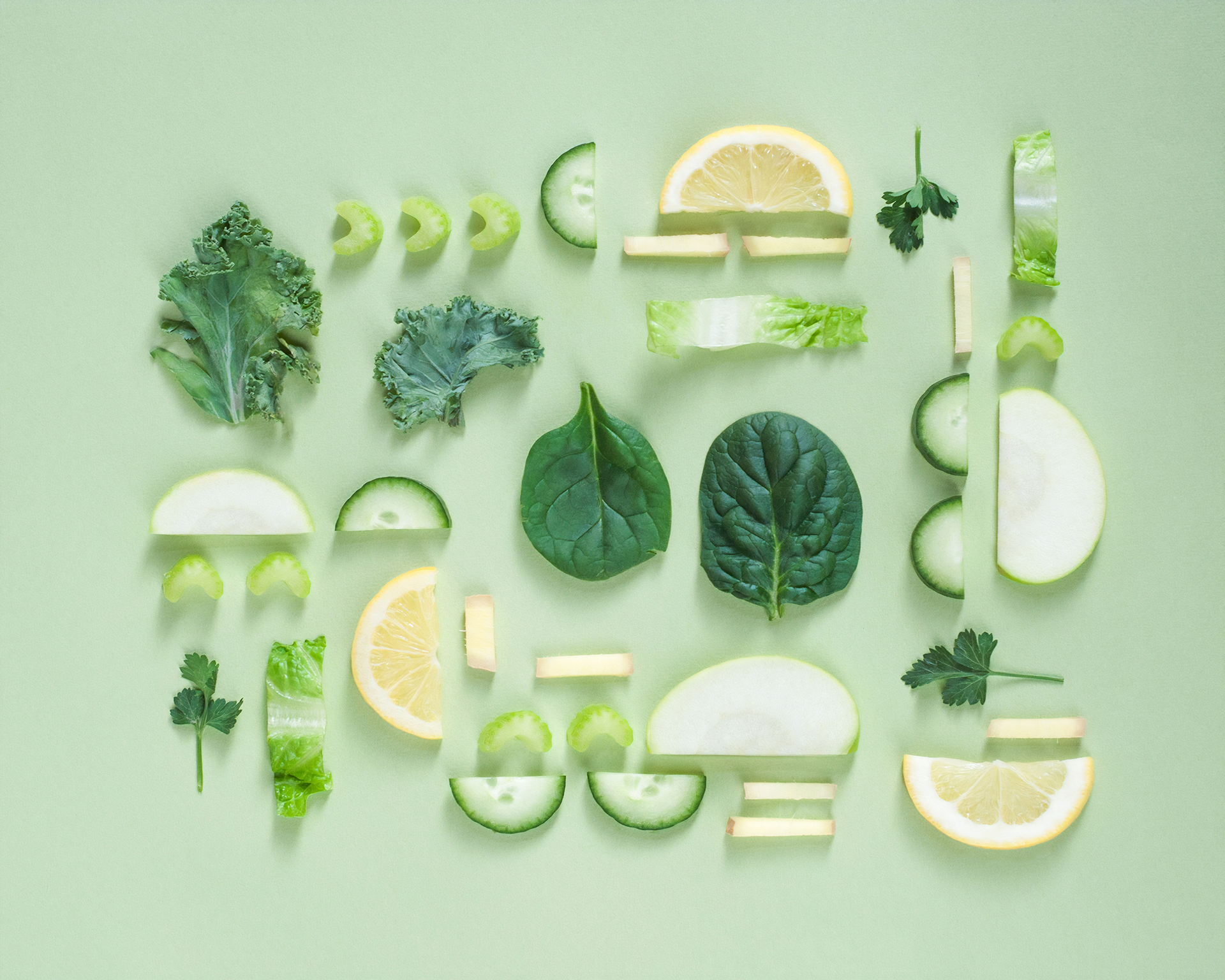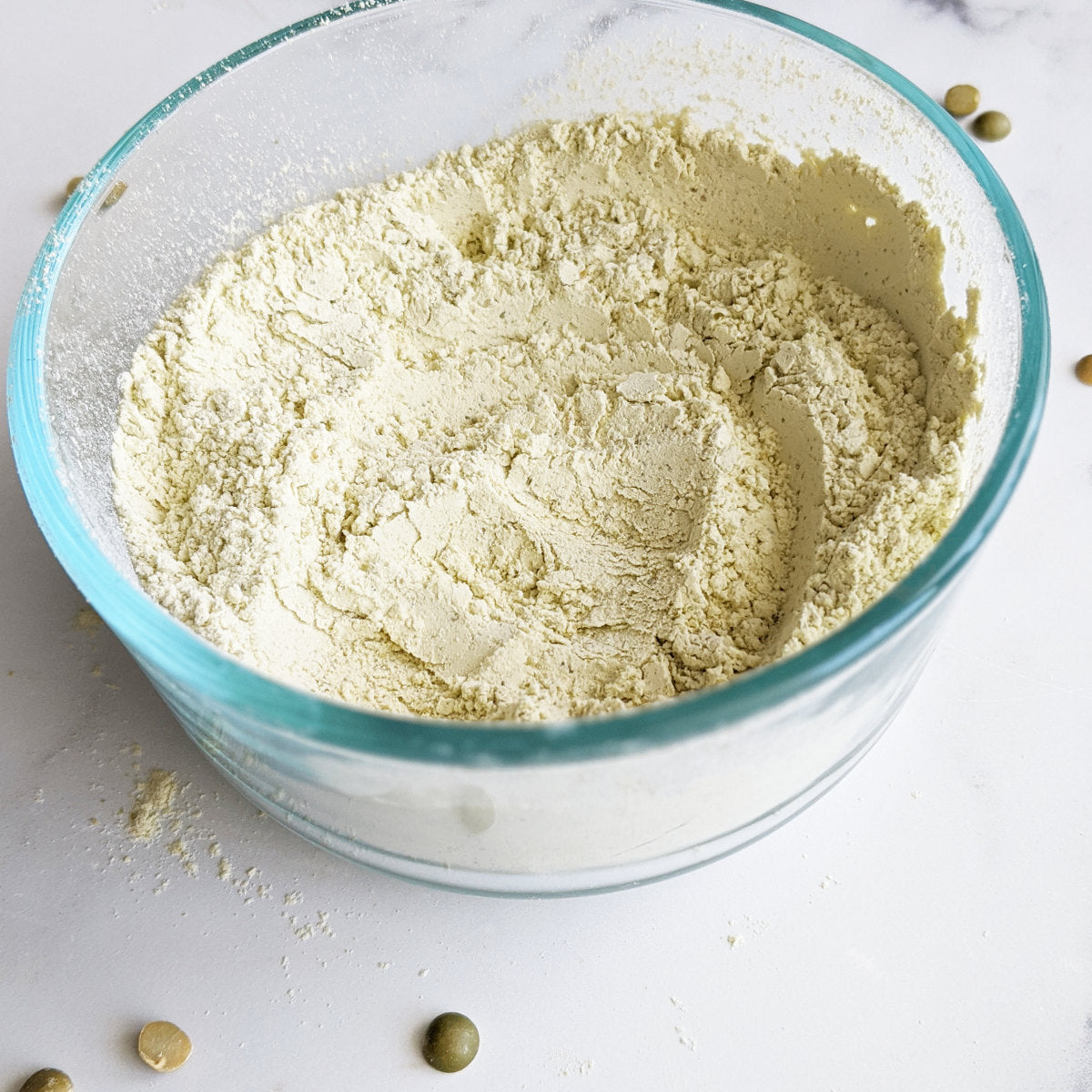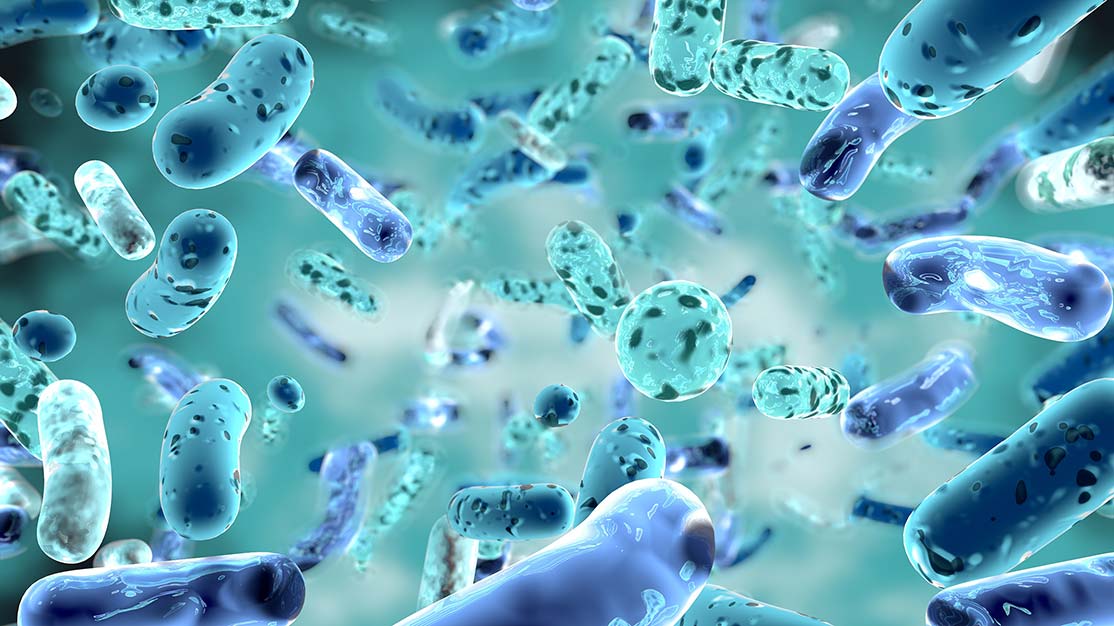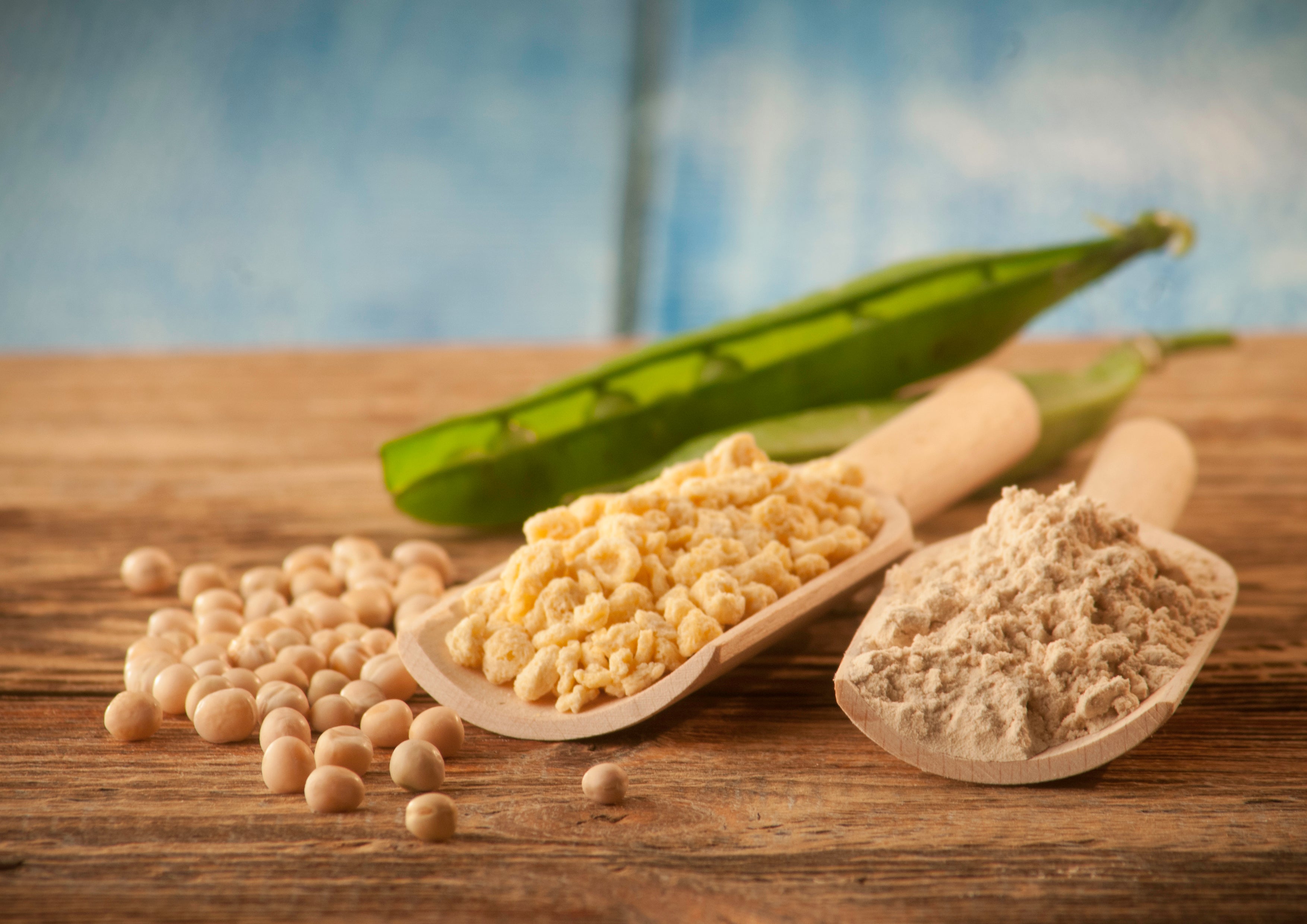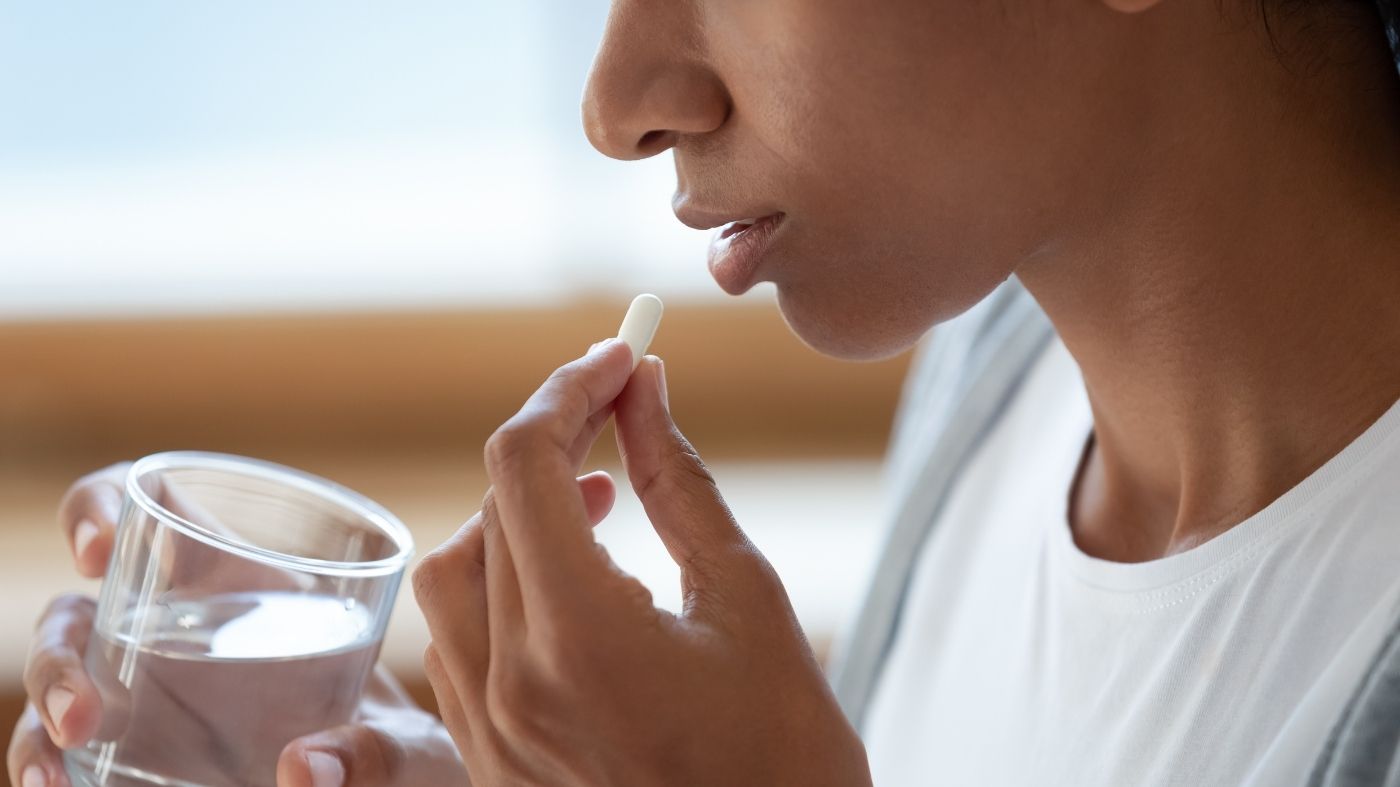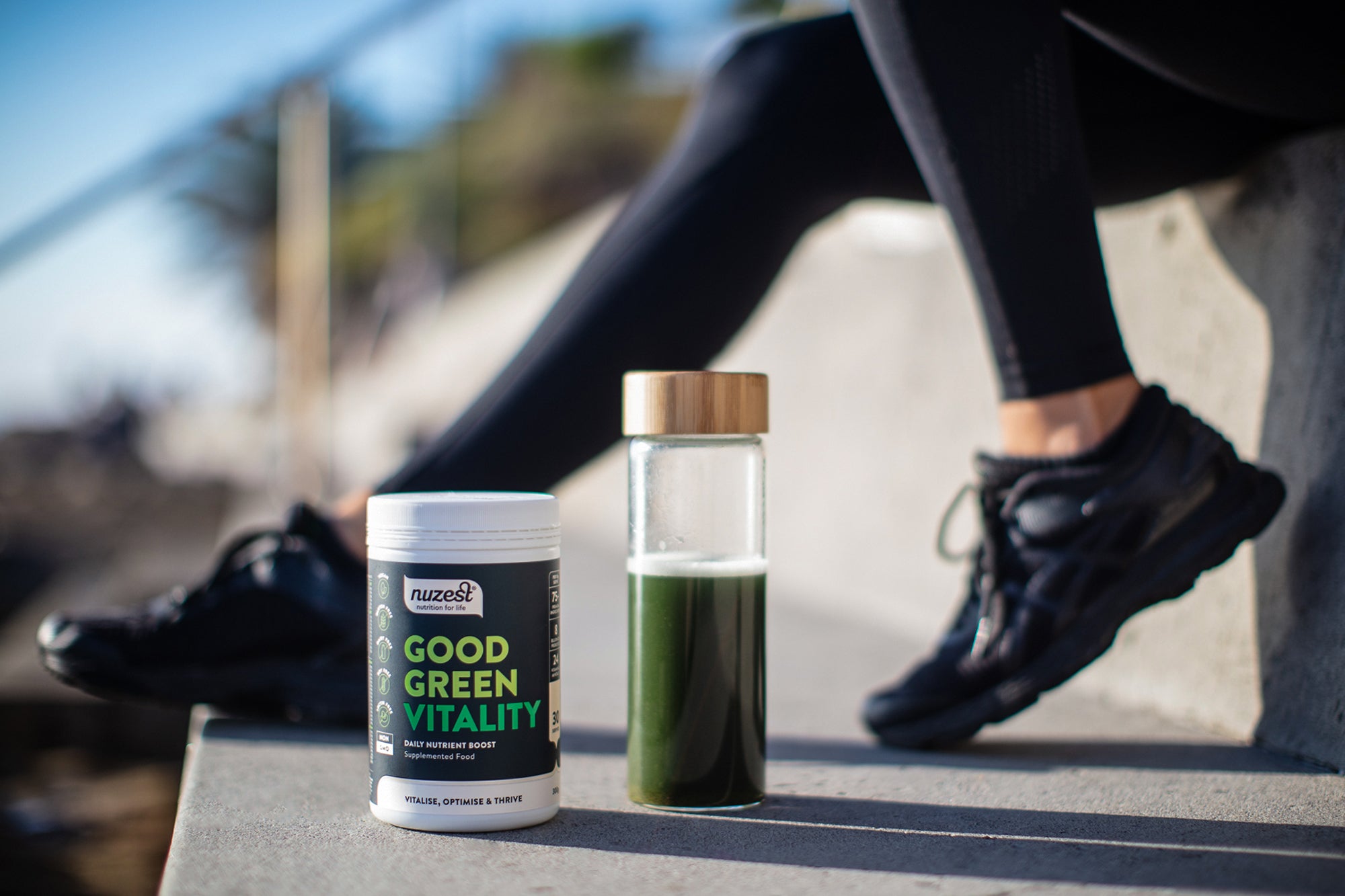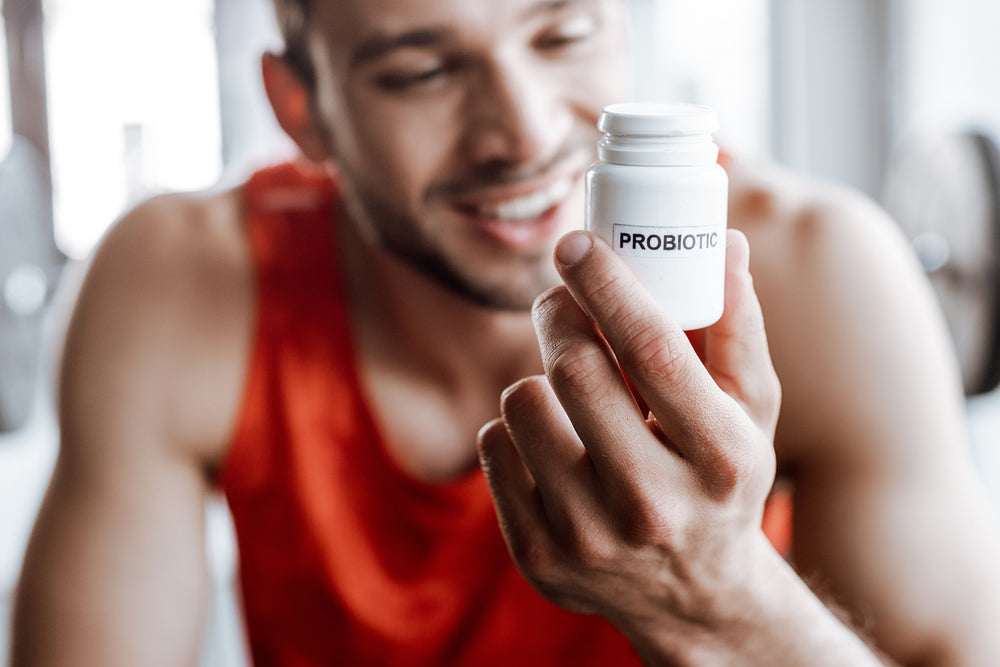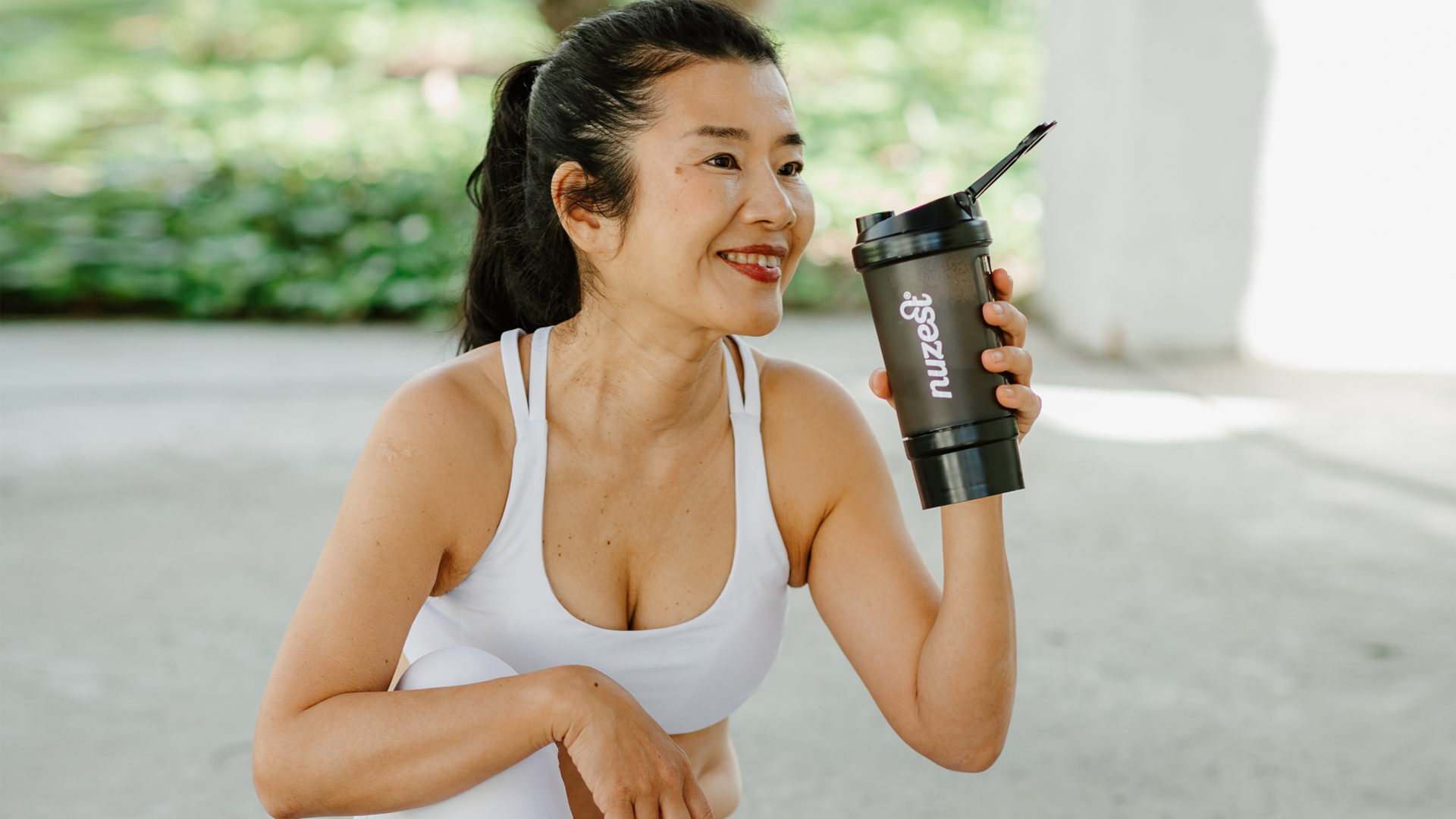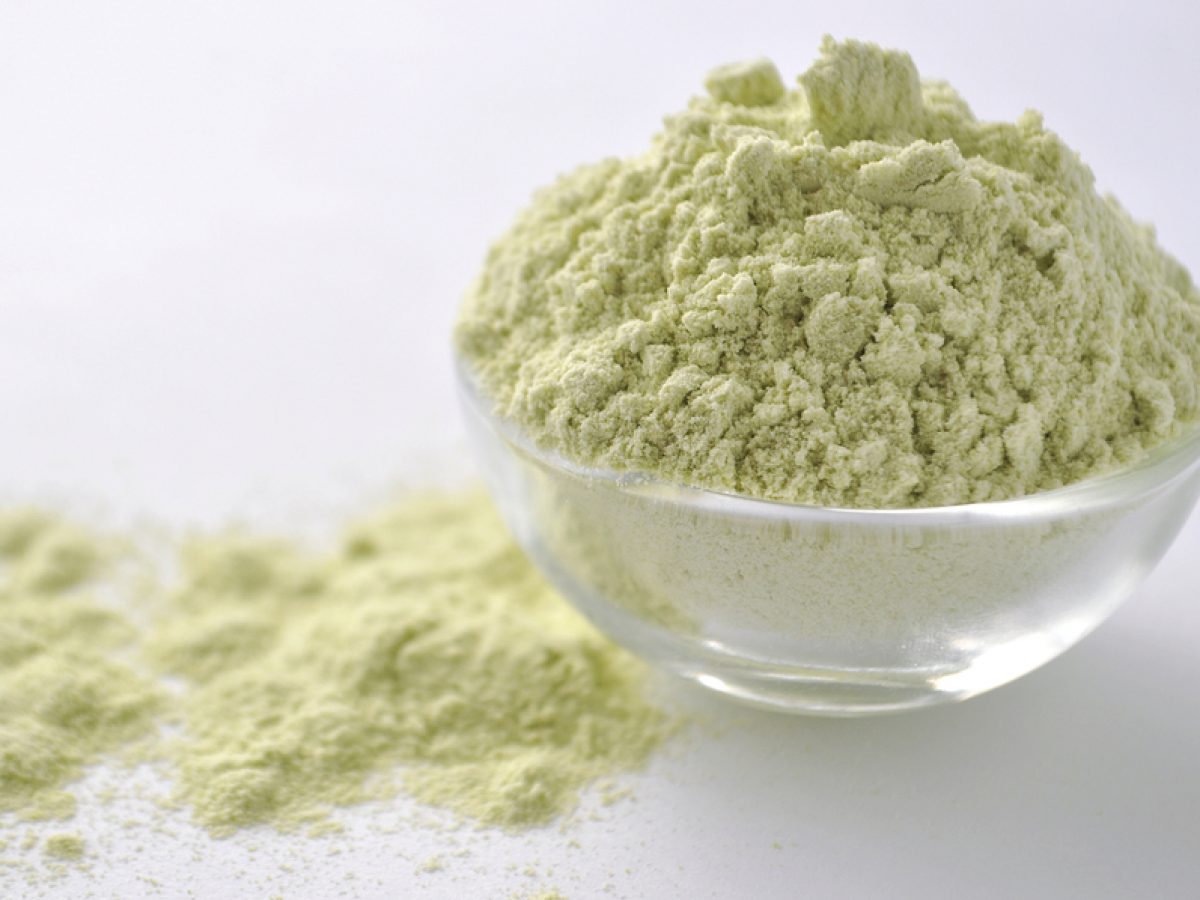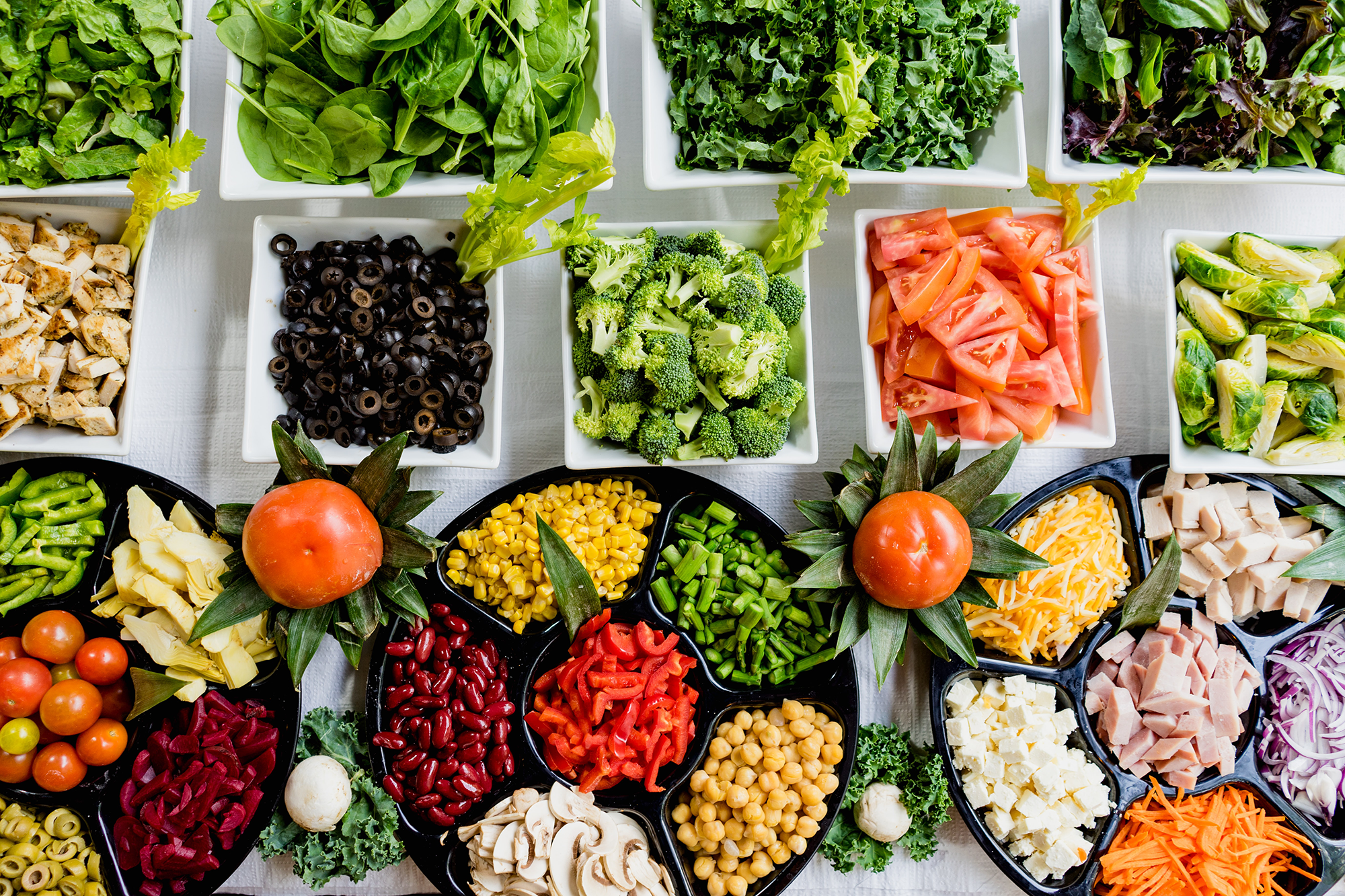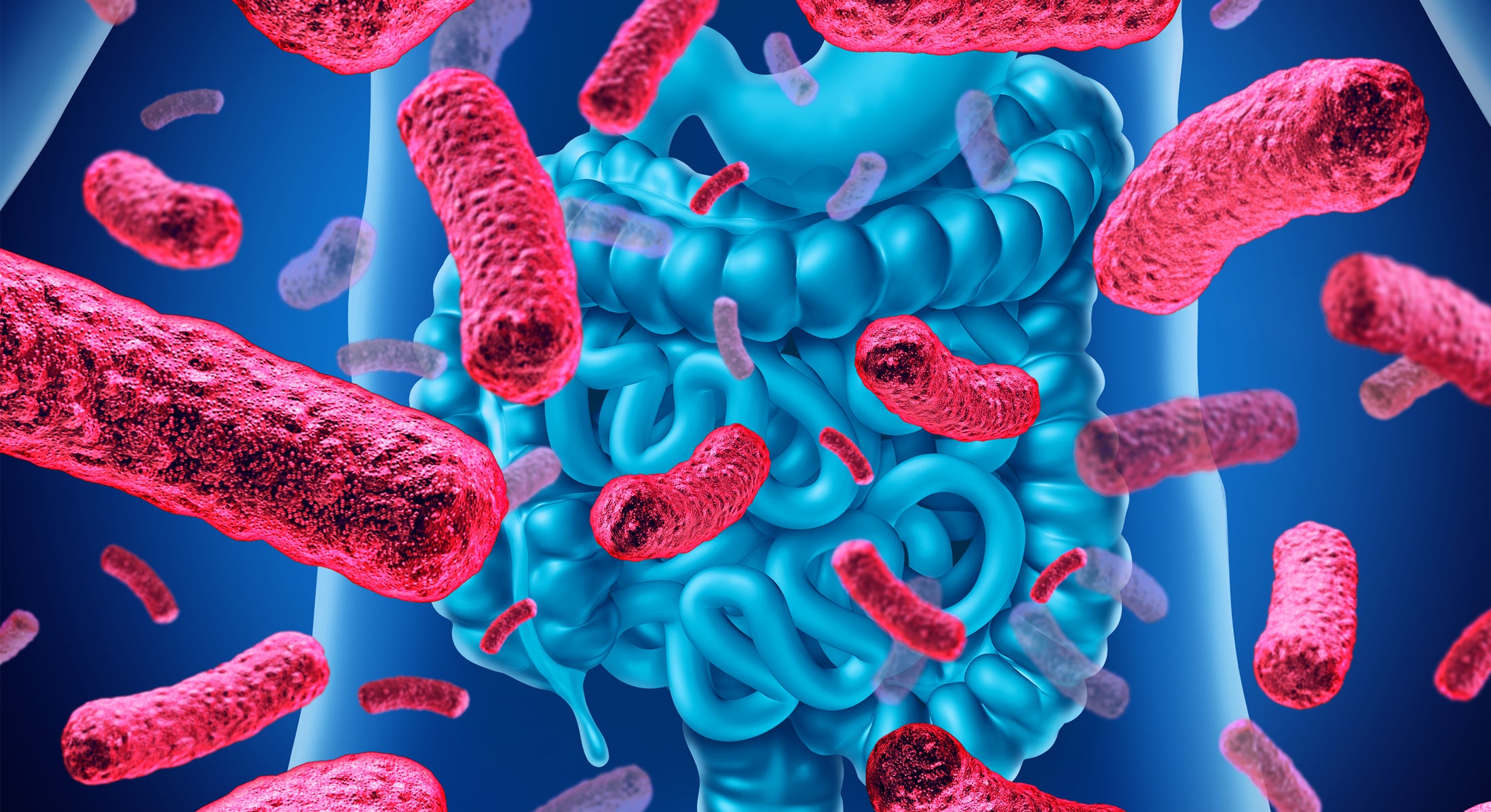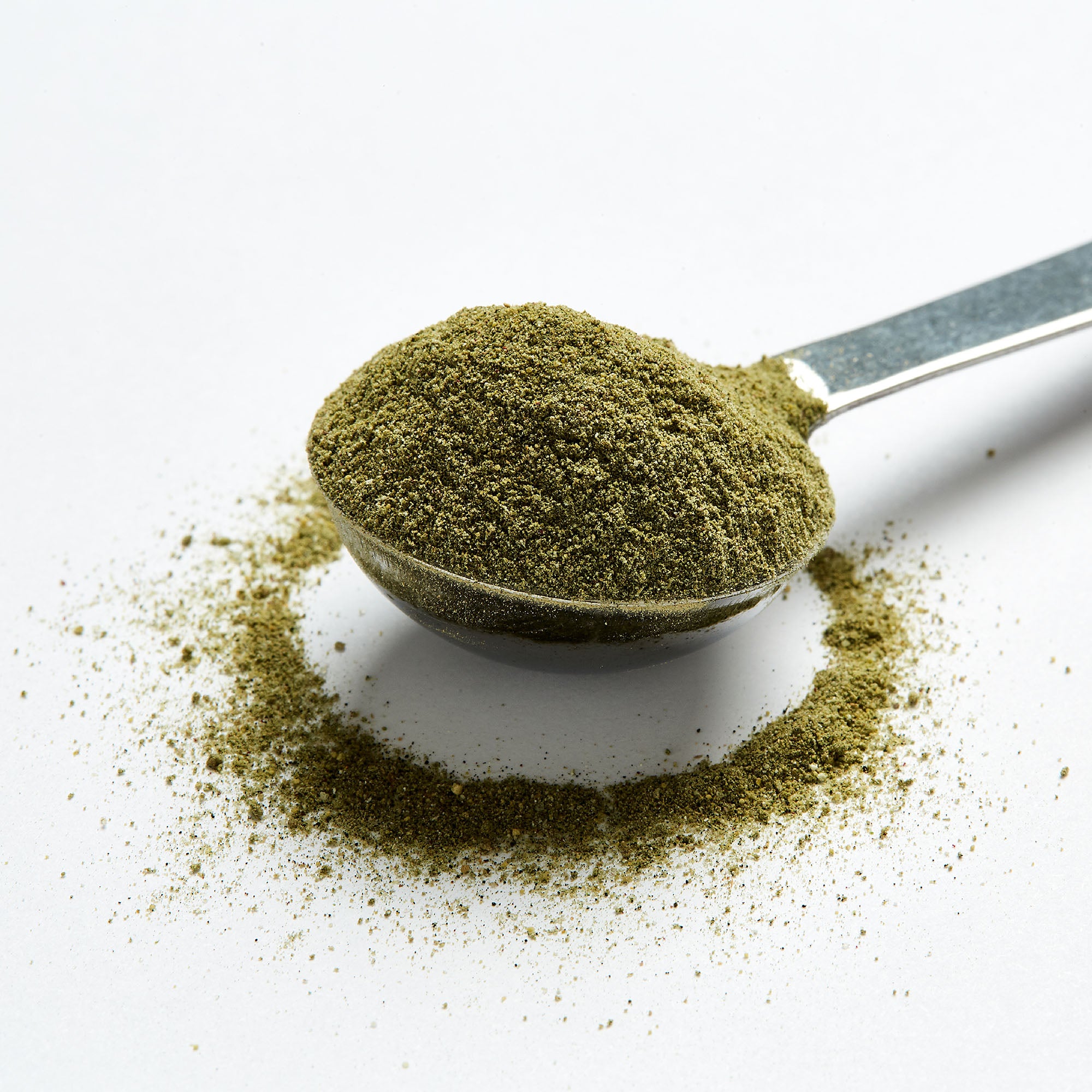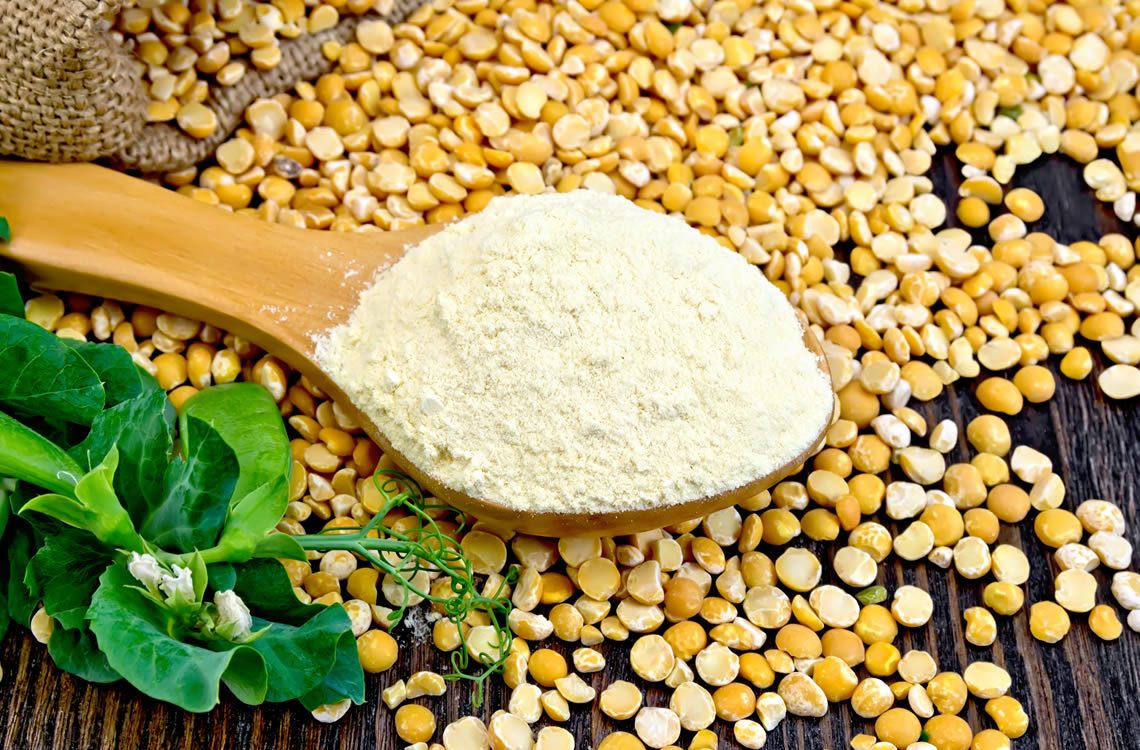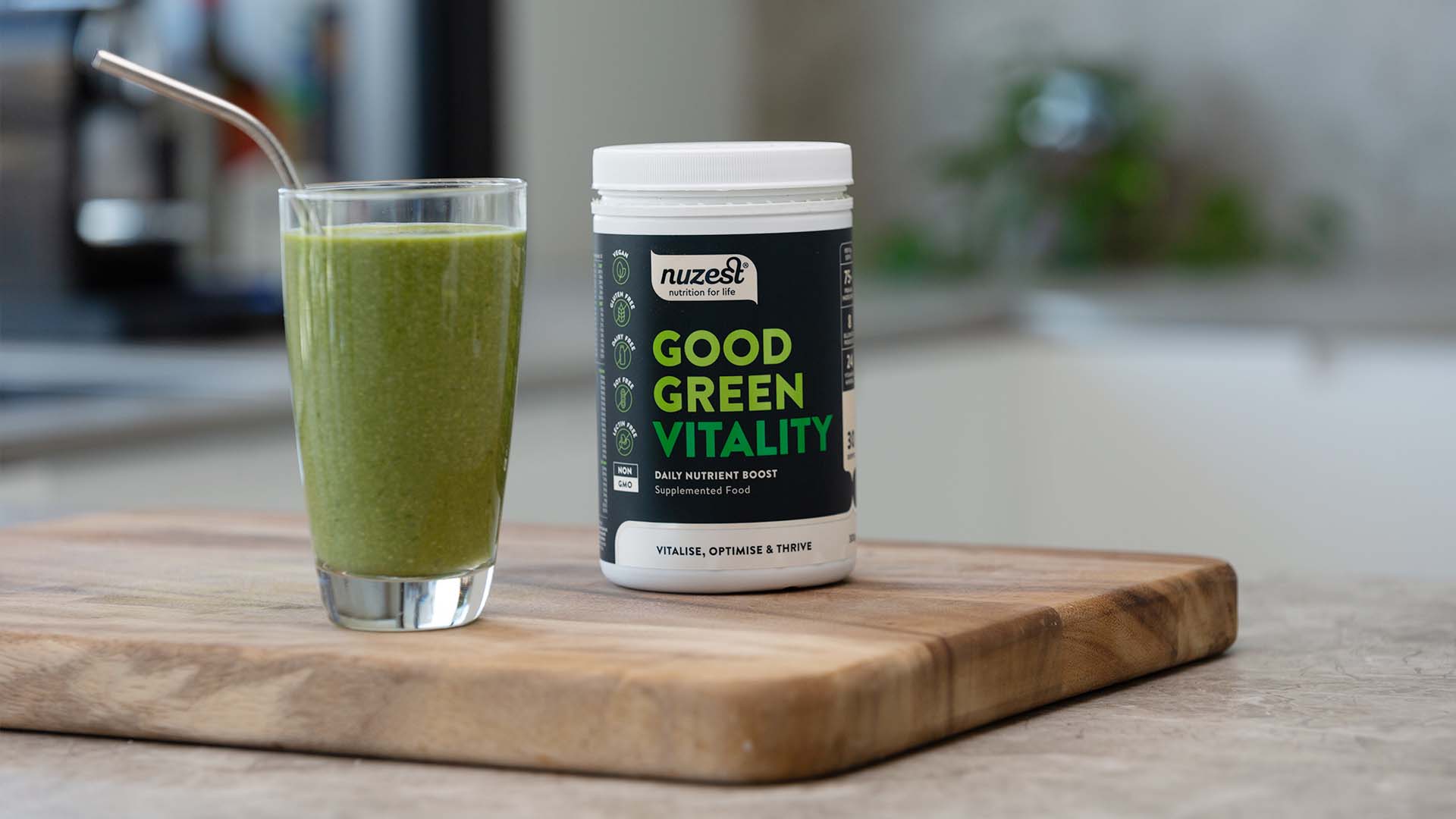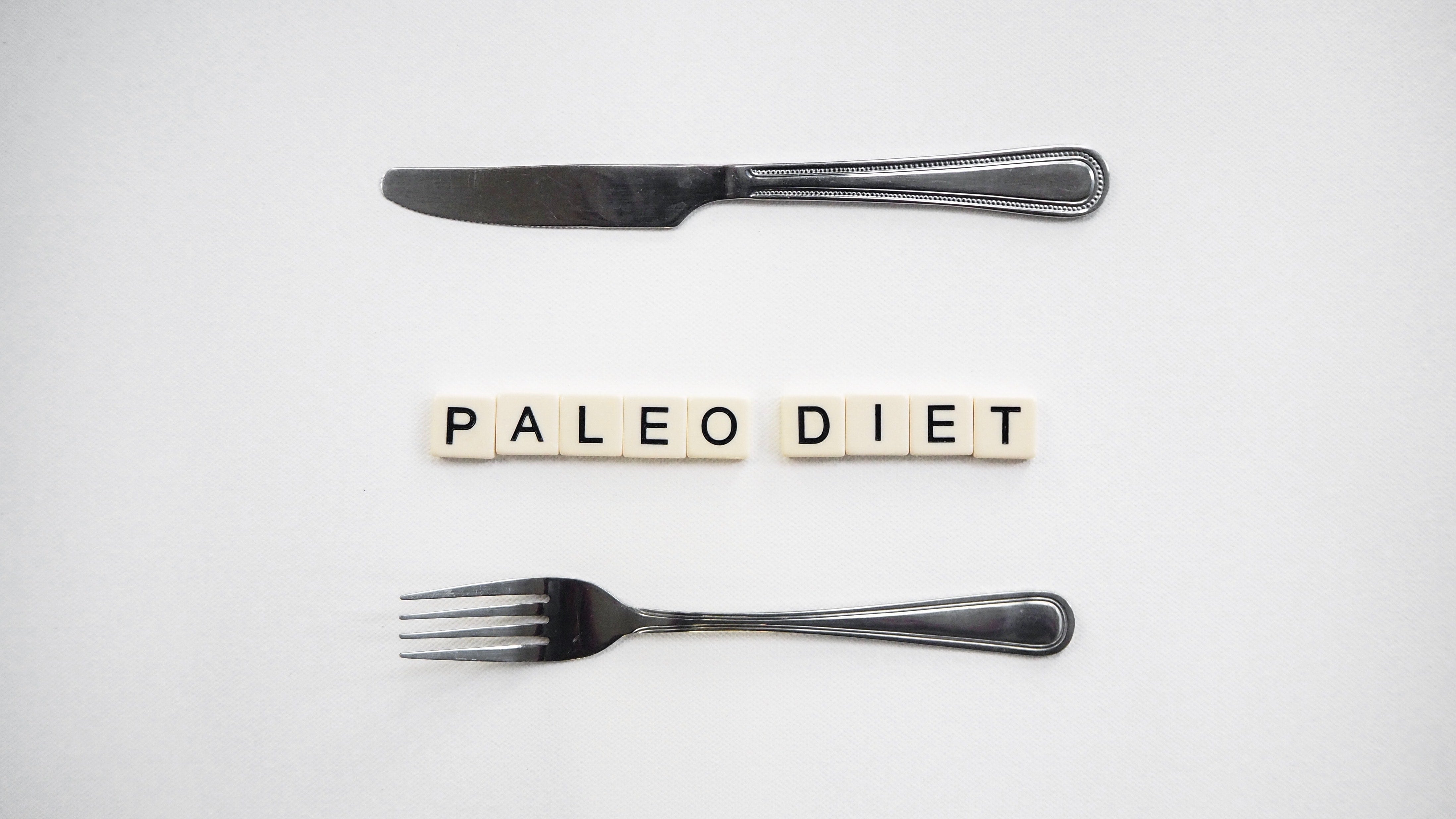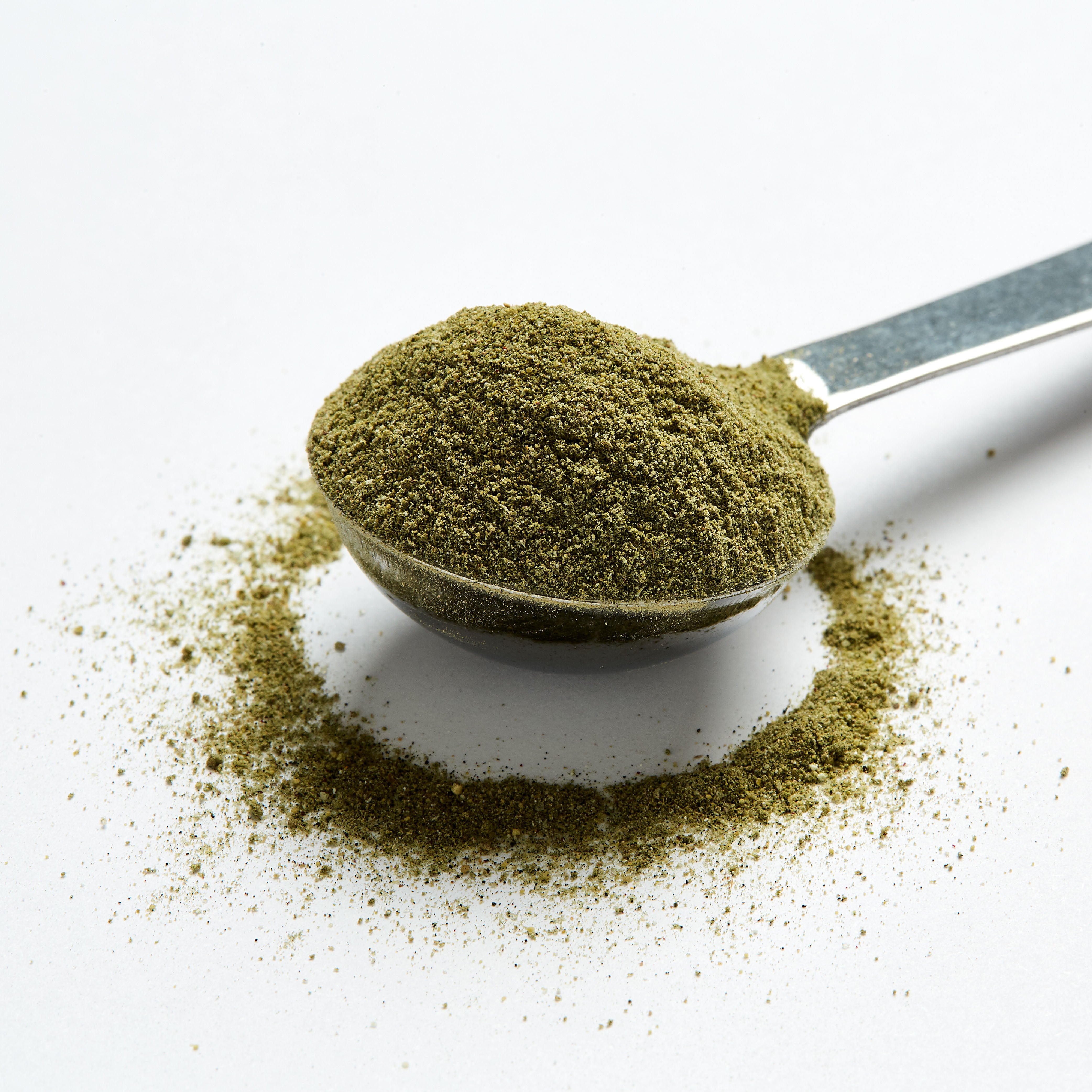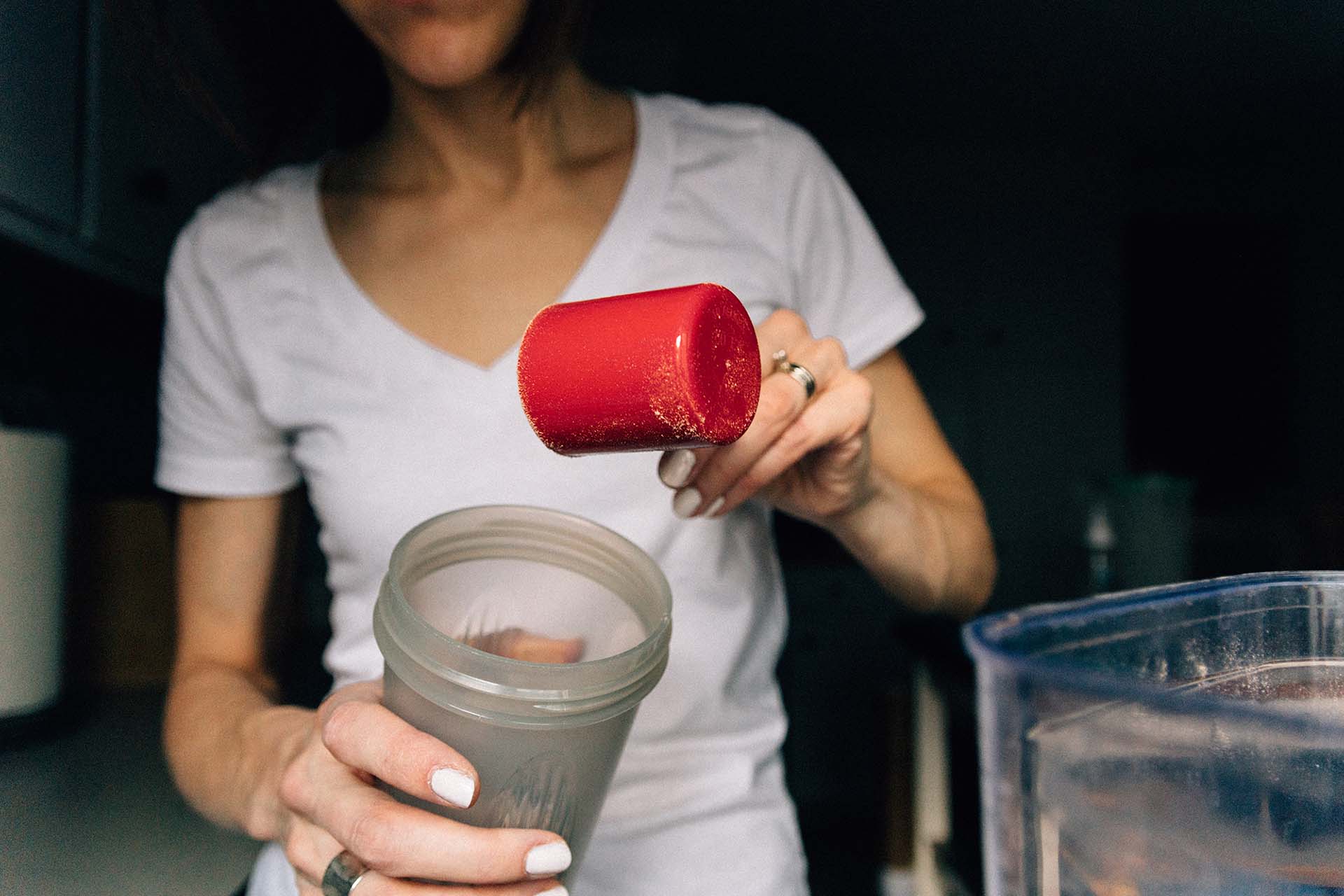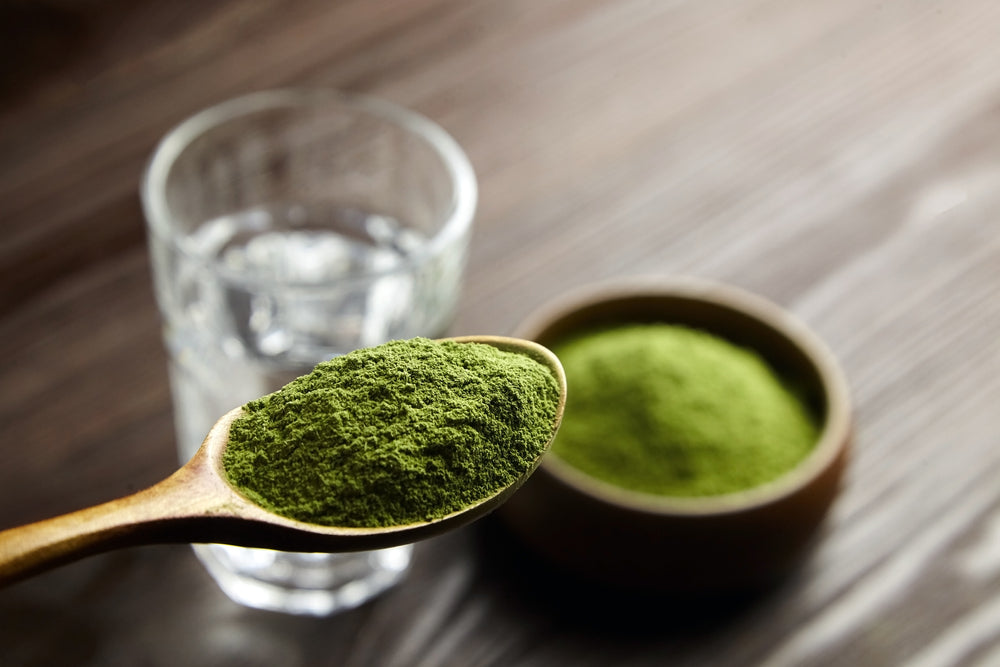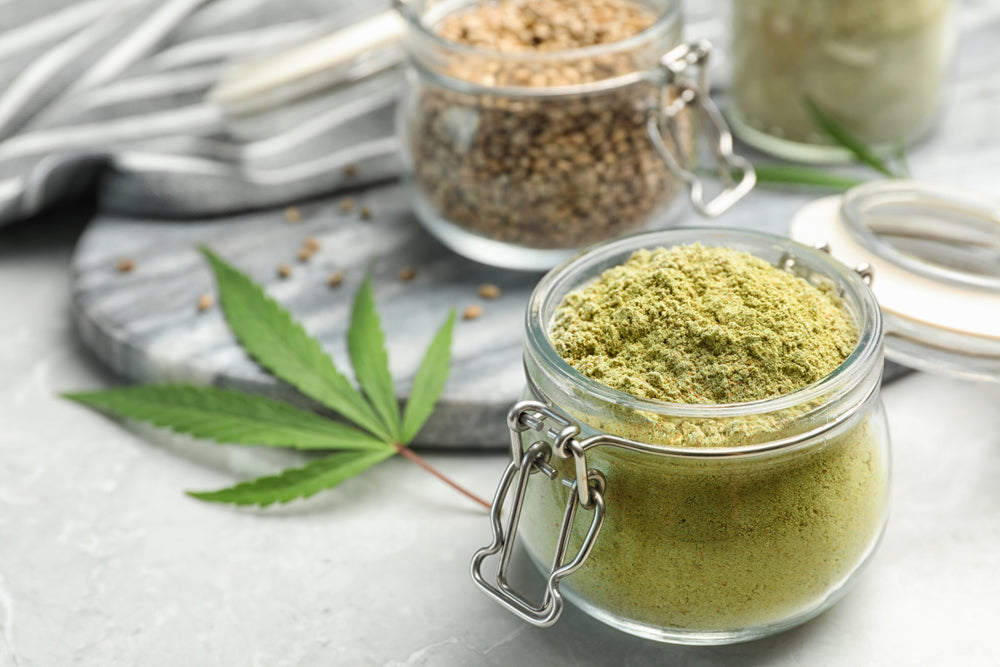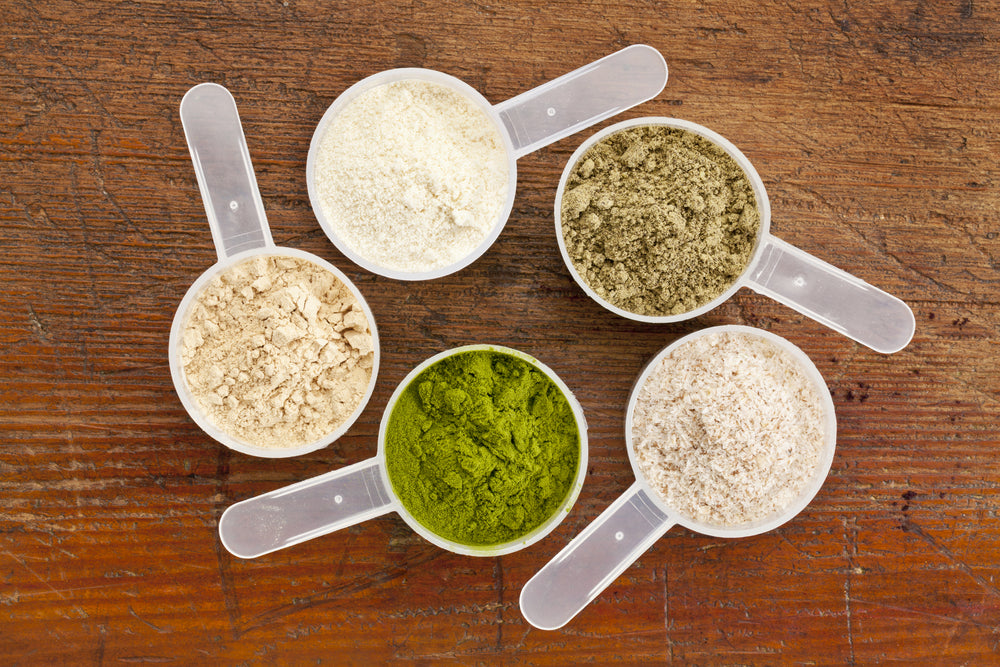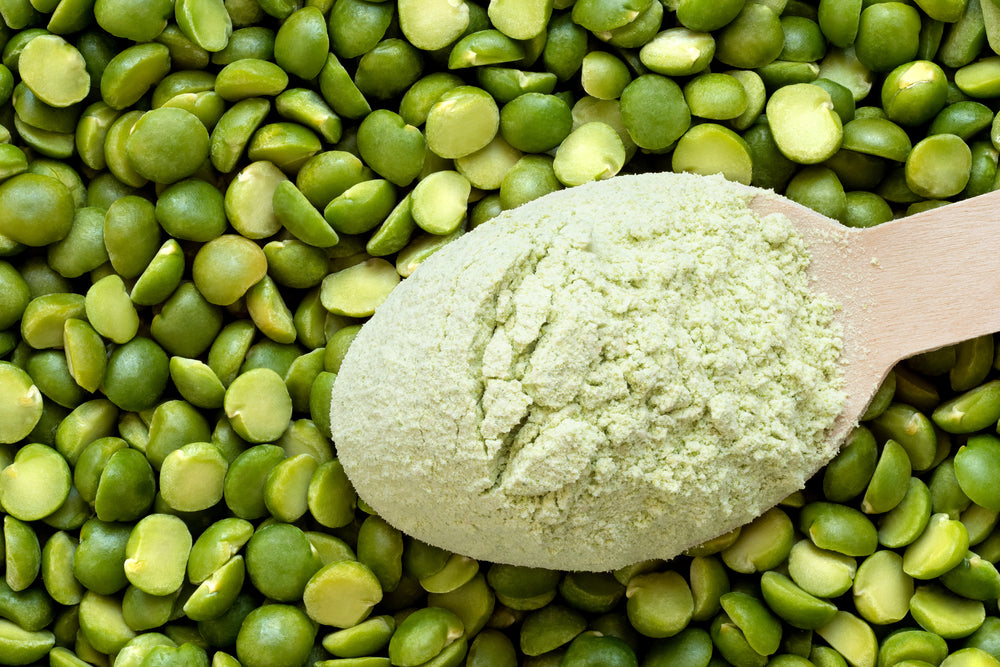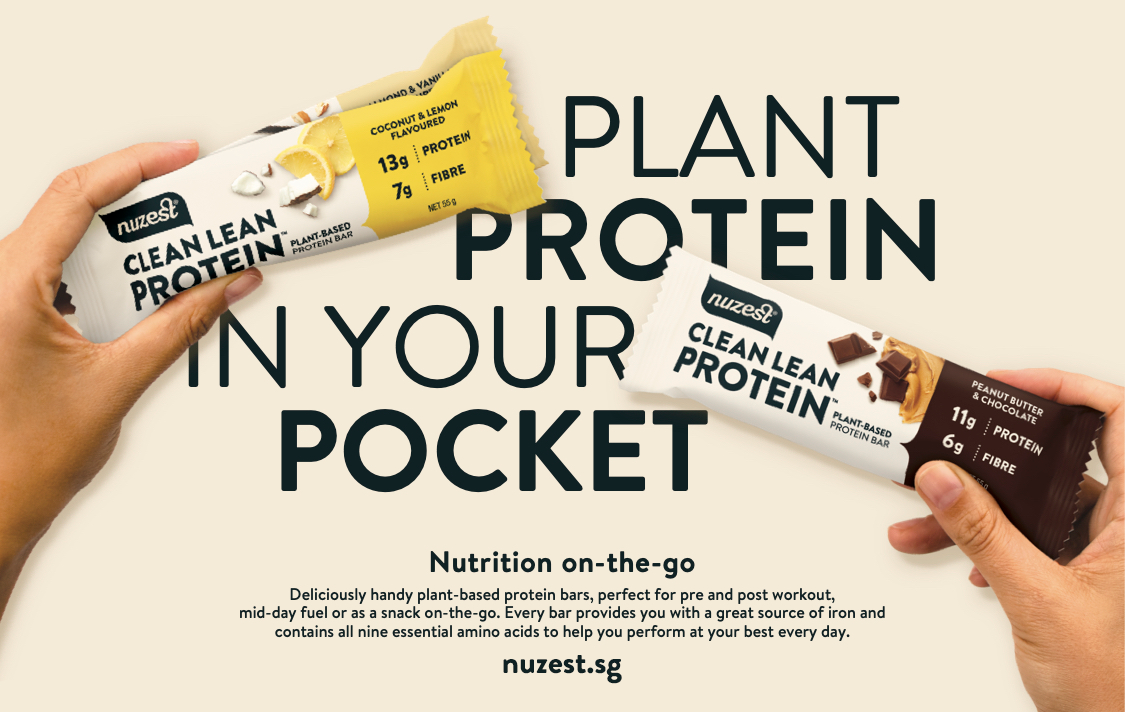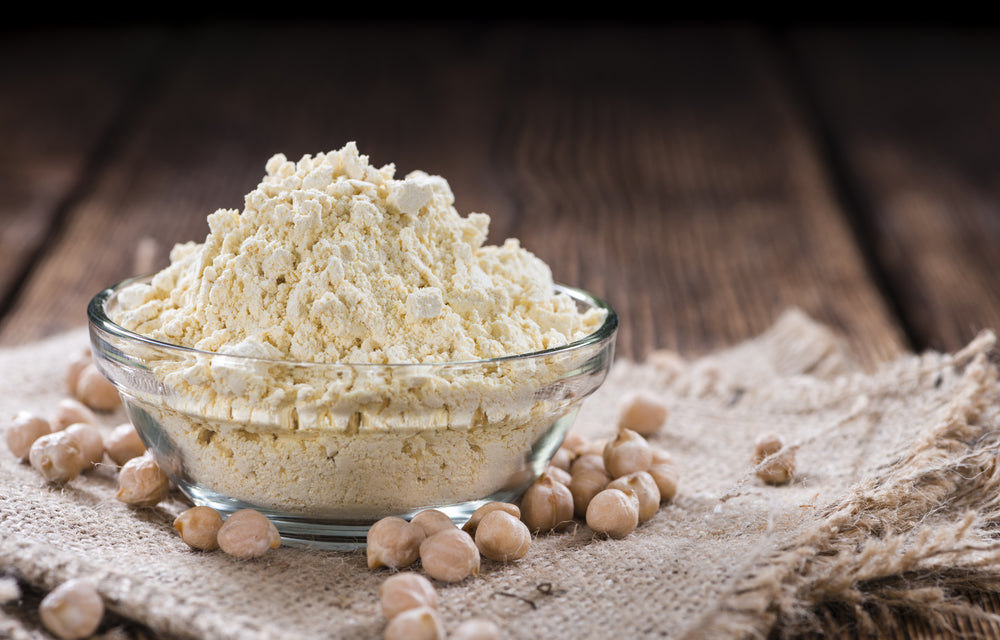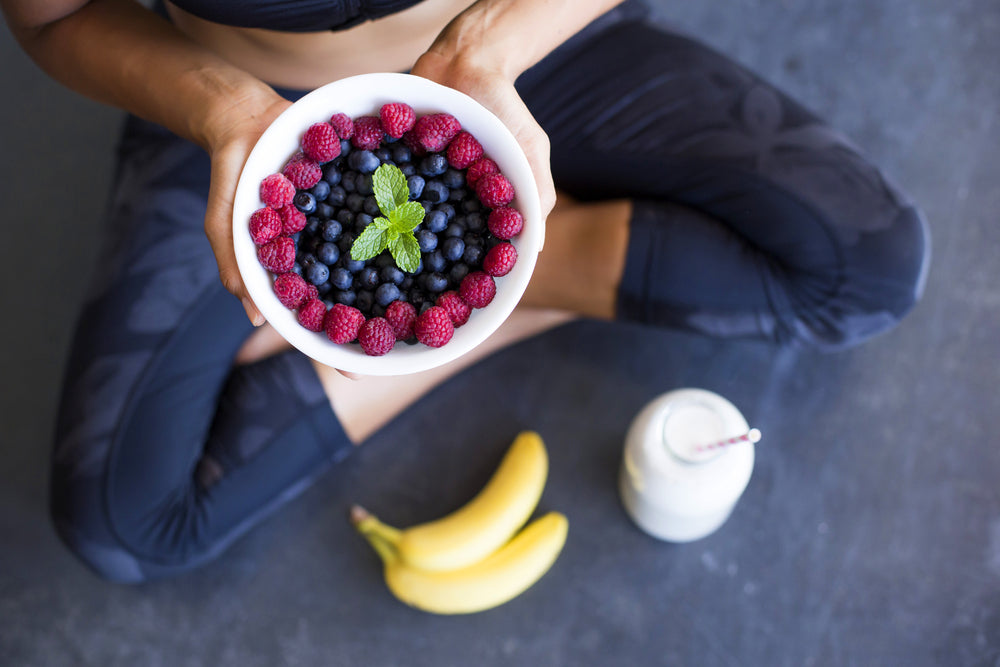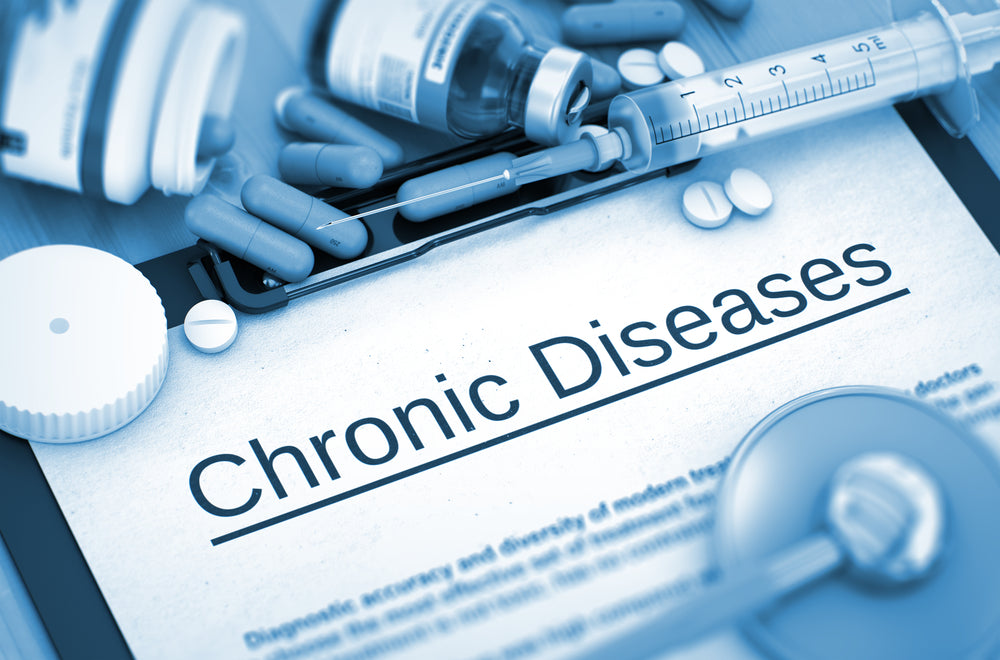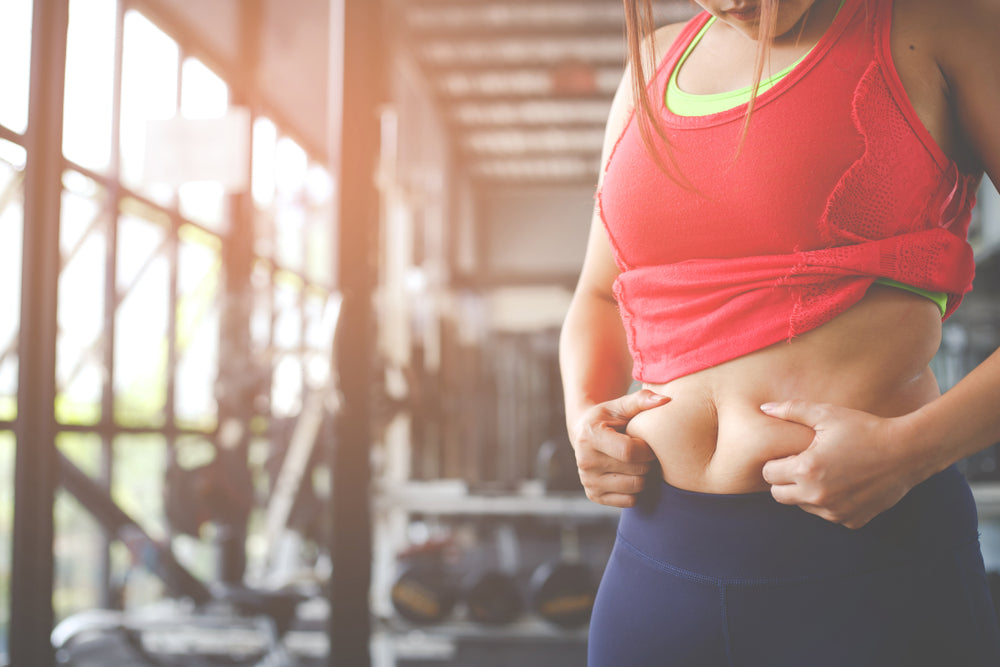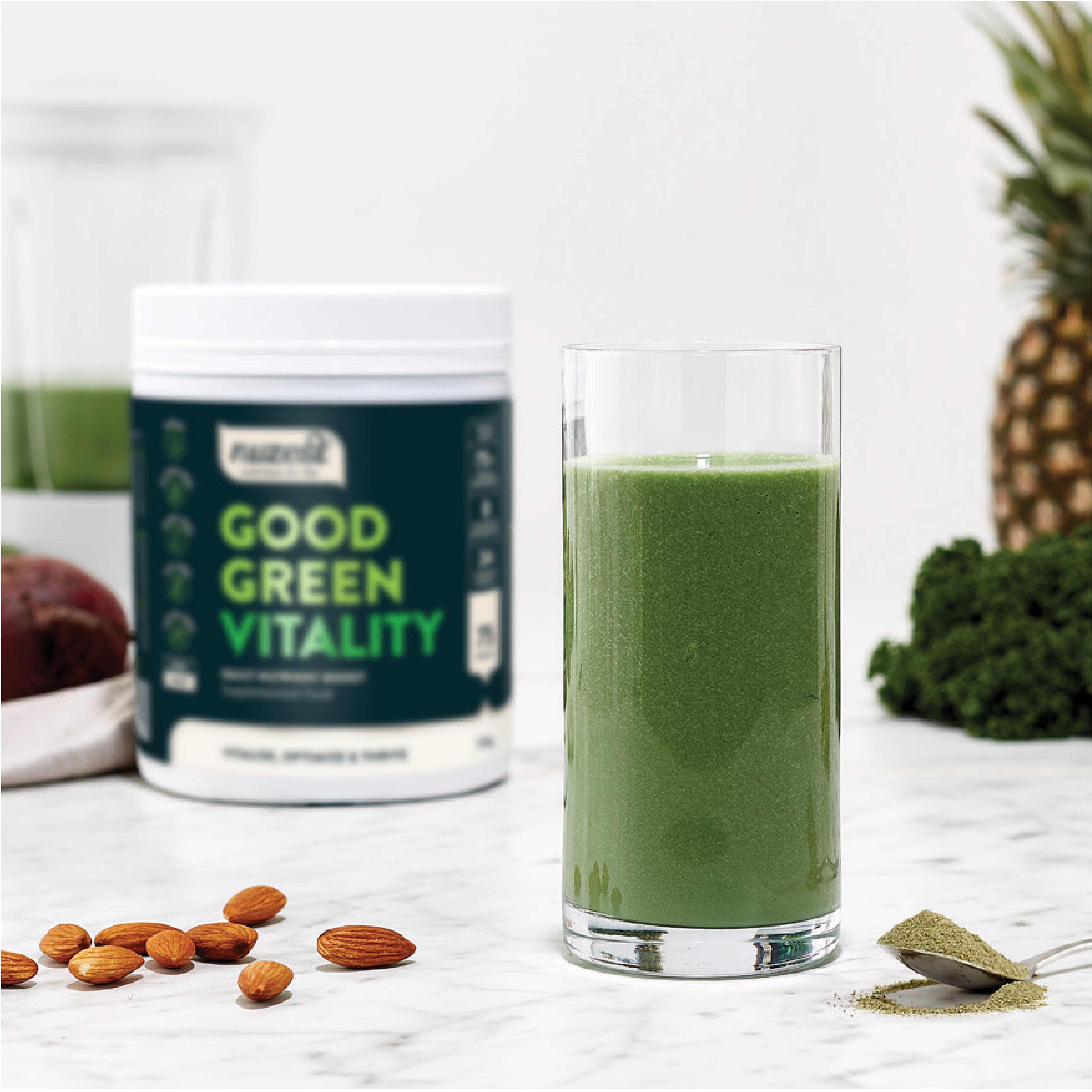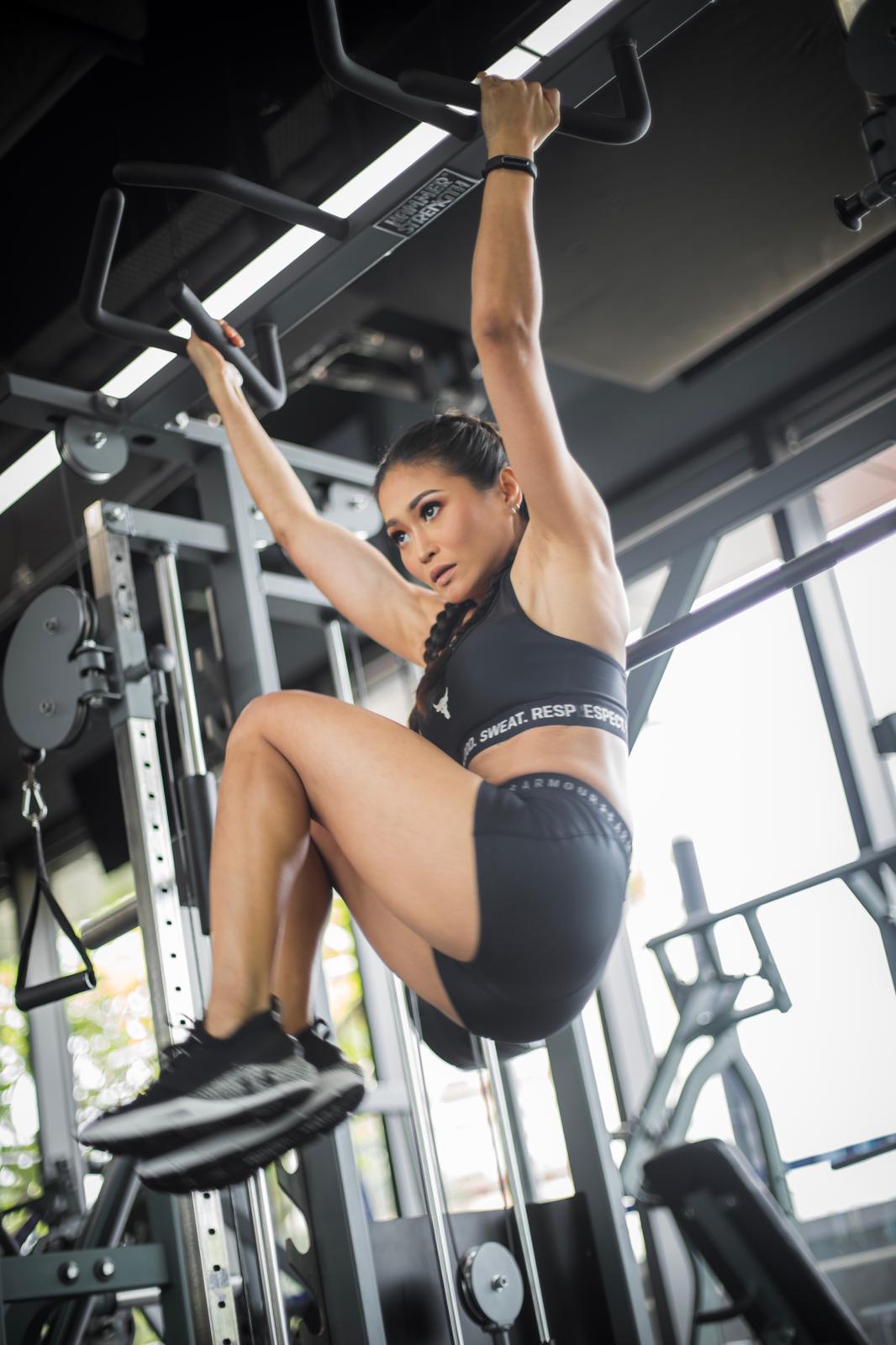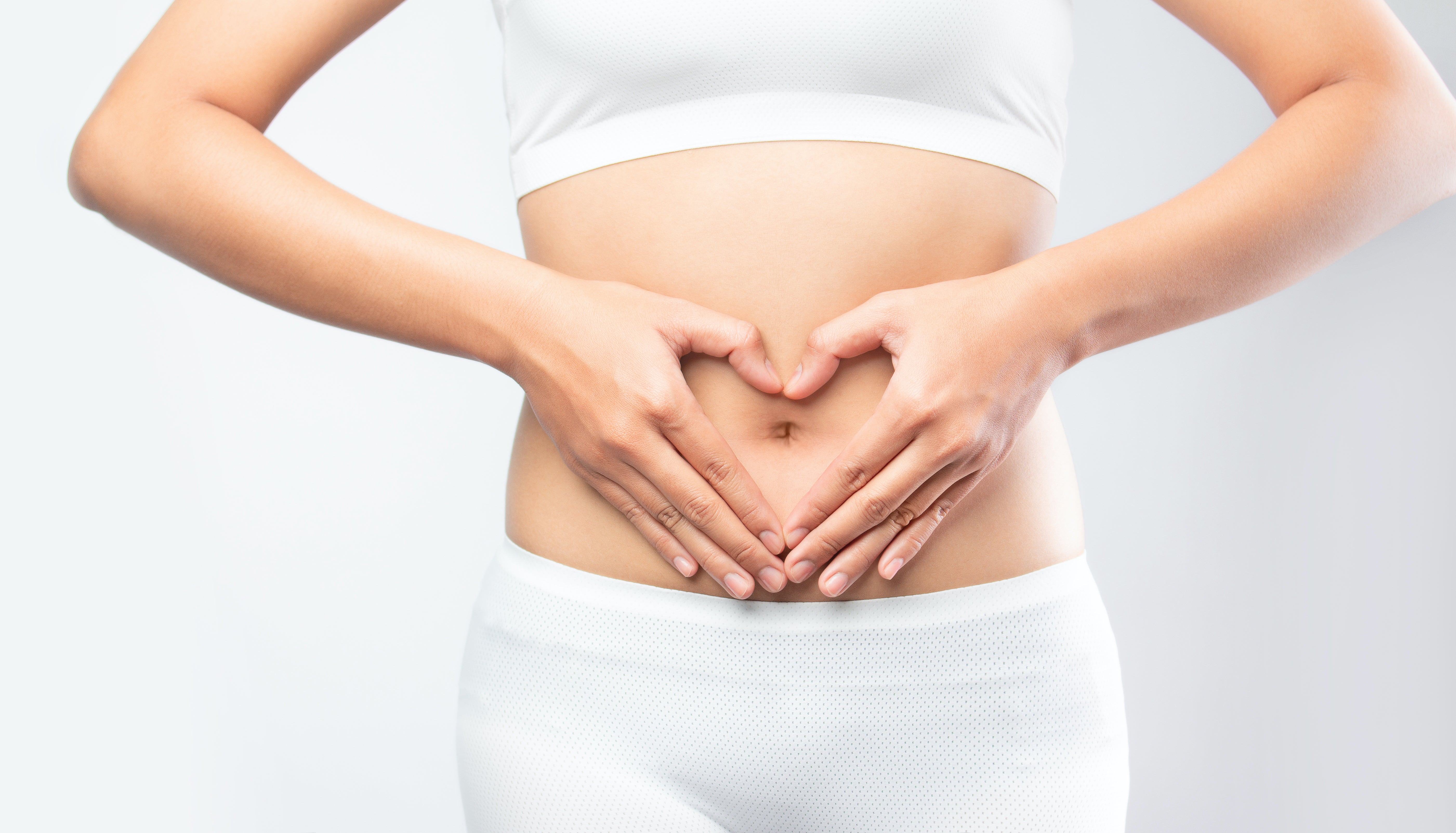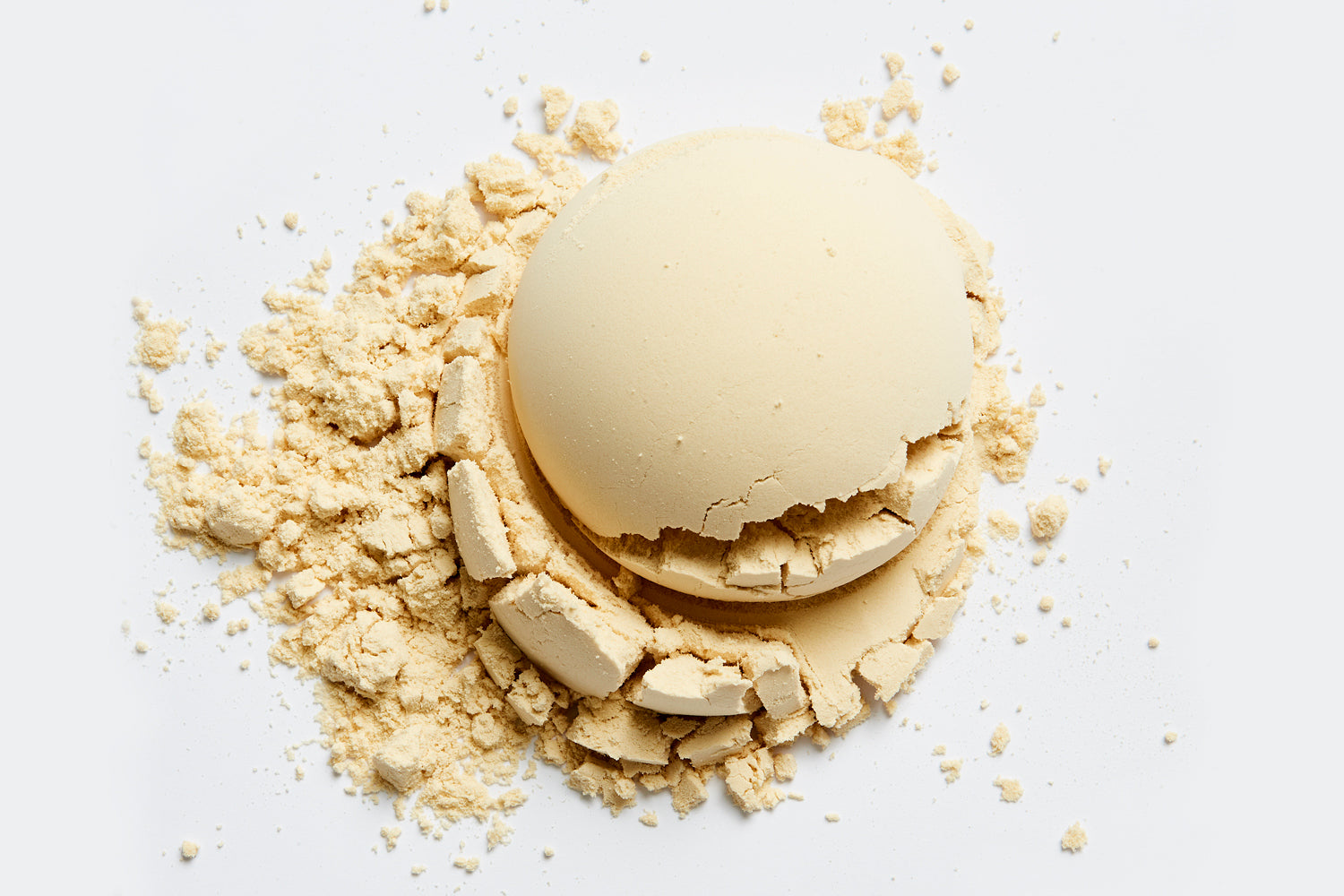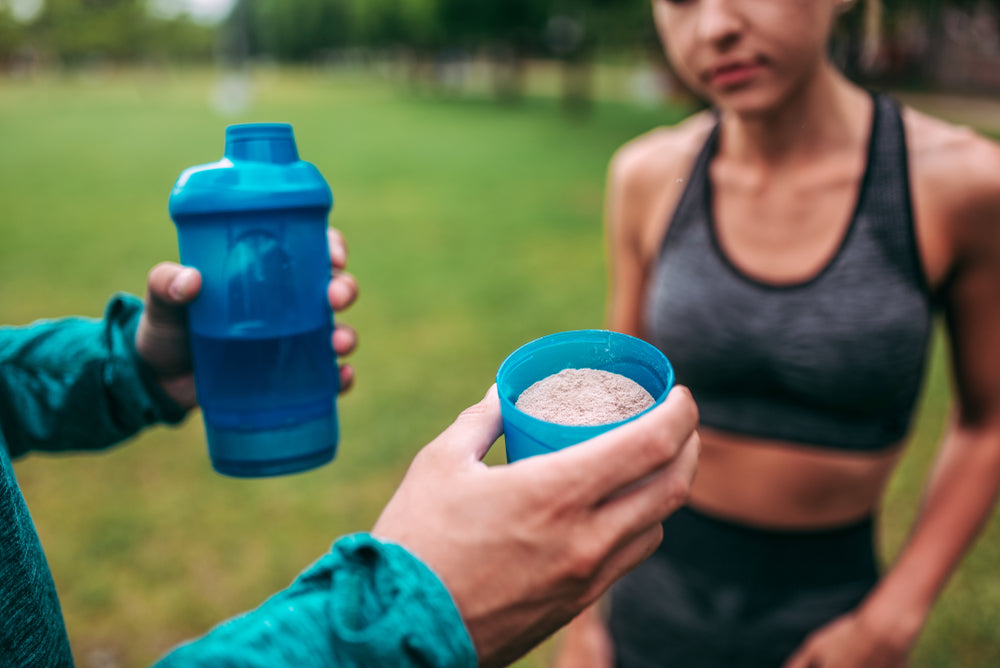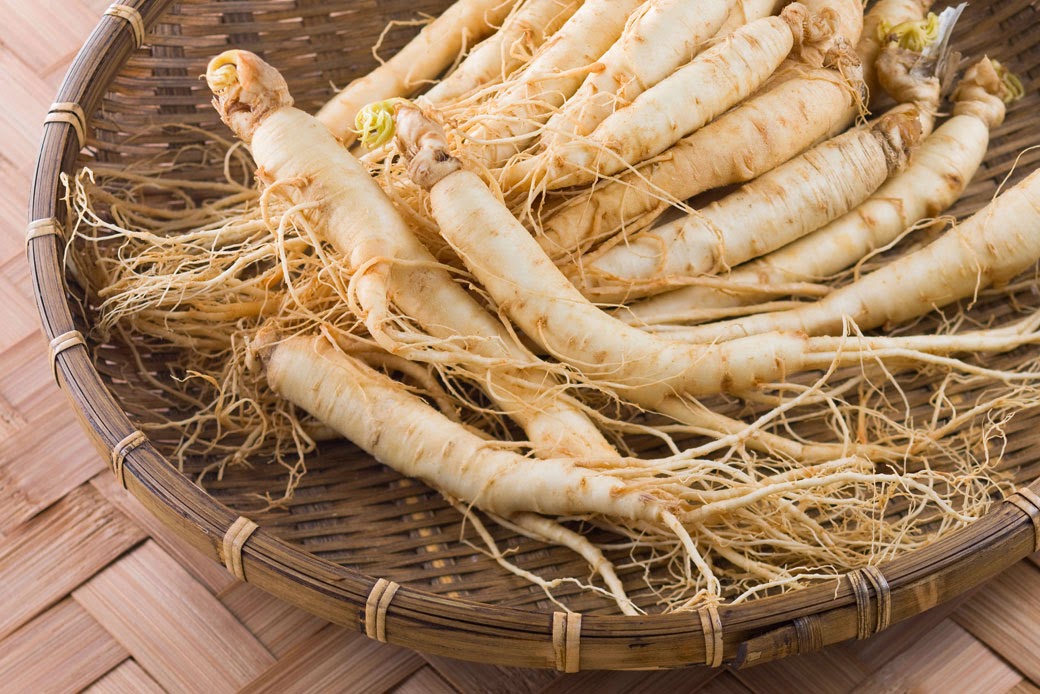Discover the potential health benefits this popular plant-based protein supplement can offer
Is pea protein good for you? Pea protein is turning the heads of many athletes and health enthusiasts all over the world. Intriguingly, as more people are getting interested in shifting to vegetarian and plant-based diets, the demand for pea protein has promptly increased as well.
Pea protein is usually safe to consume. Studies support that pea protein can offer a variety of benefits to your health. It can essentially help build and repair muscles, control your appetite to support weight loss, promote heart and kidney health, and ease digestion. On the other hand, individuals on a sodium-restricted diet should be conscious of their pea protein consumption as it is relatively high in sodium.
Let’s dive into the buzz behind this plant-based protein alternative and learn the benefits that it can offer to your health.
What is Pea Protein?
Pea protein is generally isolated from the golden or yellow split pea varieties of the legume family. It typically comes in powdered form, and it is globally known as a good source of balanced protein.
The pea protein process starts with the mechanical separation of starch, fibers, protein, and other components of the pea pulse. The protein part of the pea is concentrated, purified, and dried.
Food manufacturers use pea protein in various food products like nutrition bars, biscuits, cereals, vegetable patties, smoothies, meal-replacement shakes, soups, sauces, pasta, and meat alternatives.
Why Is Pea Protein Good for You?
Here are the 4 health benefits you can get from consuming pea protein:

1. Builds and repairs muscle
Pea protein is high in leucine, isoleucine, and valine. These three essential amino acids are known as the branch chain amino acids (BCAAs) that support lean muscle mass and muscle recovery.
Research found that pea protein powder can help build muscles combined with resistance training. This result was observed among weight-lifting who consumed 50 grams of pea protein per day. The study concluded that pea protein can provide similar results as those who are taking whey protein and other common dairy-based protein powders in terms of growing muscle mass.
2. Helps control appetite and promotes weight loss
Foods high in protein can keep you full for a longer time compared to fats and carbohydrates. Pea protein, as a great source of protein, is a low-calorie food minus the unhealthy fats found in animal protein sources.
According to a study, taking 20 grams of pea protein powder 30 minutes before eating pizza can help cut down extra calorie consumption by approximately up to 12%. Thus, it lessens your craving for other high-calorie foods in between meals.
A diet high in protein can help control your appetite and boost feelings of fullness and satiety after meals. Thus, it reduces calorie intake, leading to gradual weight loss.
3. Supports heart and kidney health
Pea protein is not only for the muscles, but your heart and kidneys can also benefit from it.
A recent study found that proteins from garden peas can potentially serve as a natural remedy for hypertension and chronic kidney disease (CKD). Furthermore, peas can help people with kidney disorders to maintain normal blood pressure and extend their life expectancy.
Furthermore, several were done on the effects of pea protein on improving high blood pressure.
In an in vivo study, pea protein is found to contain antihypertensive properties. In other words, pea protein can potentially help reduce your risk related to cardiac health.
Similar results were observed in a three-week clinical study after participants were instructed to take 3 grams of hydrolysate per day. Their systolic blood pressure was reduced by 6 points.
Another study supports that pea protein powder can lower your cholesterol levels as well.
4. Eases digestion
Pea protein is friendly to your gastrointestinal tract. Its high digestibility rating makes it easier for the body to absorb nutrients.
What’s the Nutritional Value of Pea Protein?
The nutritional value of pea protein may vary between brands. For every 20g (2 scoops) of Nuzest Clean Lean Protein, it gives:
- Calories: 100 kcal
- Protein: 20 grams
- Carbohydrates: 1 gram
- Fiber: 1 gram
- Total fat: 2 grams
- Sodium: 480 mg
- Iron: 4 mg
- Zinc: 1.5mg
- Selenium: 7mcg
Nutritional Highlights of Pea Protein
High Biological Value (HBV) protein
Pea protein is a high biological value (HBV) protein. When we say High biological value (HBV) protein, it is a complete protein that contains all nine essential amino acids: tryptophan, valine, threonine, isoleucine, leucine, lysine, methionine, histidine, and phenylalanine.
High biological value (HBV) protein refers to foods that contain at least 50% protein that is readily absorbed by the body. Although pea protein has all essential amino acids, it contains low levels of methionine, just like its legume counterparts.
With just two scoops or 25 grams of Clean Lean Protein, it can already cover up to 40% of your daily need for protein
High in Iron
Iron plays a vital role in blood production. You can grab a good dose of iron from pea protein as well.
Many pea protein products contain 4–7.5 mg of iron per serving. That covers 28–42% of the reference daily intake (RDI) for premenopausal women while 62–94% of the RDI for men and postmenopausal women.
To boost iron absorption from pea protein, this should be facilitated by consuming vitamin C-rich foods or by taking vitamin C supplementation.
What Does Pea Protein Taste Like?
Pea protein blends well with water. The mixture holds a smooth and creamy texture with notes of raw and earthy flavor.
What are the Precautions Before Taking Pea Protein?
Sodium content
The first thing you will only have to consider before taking any pea protein supplement is its sodium content.
Pea protein supplements may contain high amounts of sodium. This is not a surprising fact, actually. After all, the peas must be soaked in a sodium solution to adjust the pH level as part of the protein extraction process. Thus, the pea protein powder was able to retain some of the sodium from the solution.
The sodium amount varies from brand to brand. Approximately, it may contain up to 400mg or more per serving.
Thus, if you are on a sodium-restricted diet, know your limits on how much pea protein powder you can take.
Why Nuzest?
Nuzest’s Clean Lean Protein is made only from premium European Golden Peas. Our unique formula is suitable for all diets and all ages. Here are the perks why this can be your next choice of plant-based protein supplement:
✔ Made with premium European pea protein
✔ Contains nine essential amino acids + iron
✔ 100% Vegan
✔ Low in carbs
✔ Low in allergens
✔ Gluten-free
✔ Dairy-free
✔ Soy-free
✔ Lectin-free
✔ Non-GMO
✔ Free from fillers, gums, and artificial preservatives
✔ Multiple flavors to choose from - smooth vanilla, rich chocolate, just natural, real coffee, wild strawberry, coffee-coconut + MCTs, chai-turmeric + maca, and vanilla mocha.
Read this article to learn more about Nuzest’s Clean Lean Protein: What Makes Clean Lean Protein so unique?
At Nuzest, we only accept the most advanced nutritional products with the highest quality on the market. Every Nuzest product we offer is independently tested before it gets to you.
Disclaimer:
The information provided on Nuzest is for educational and informational purposes only. The information provided on this site is not, nor is it intended to be, a substitute for professional advice or care. Please speak to your qualified healthcare professional in the event that something you have read here raises questions or concerns regarding your health.


